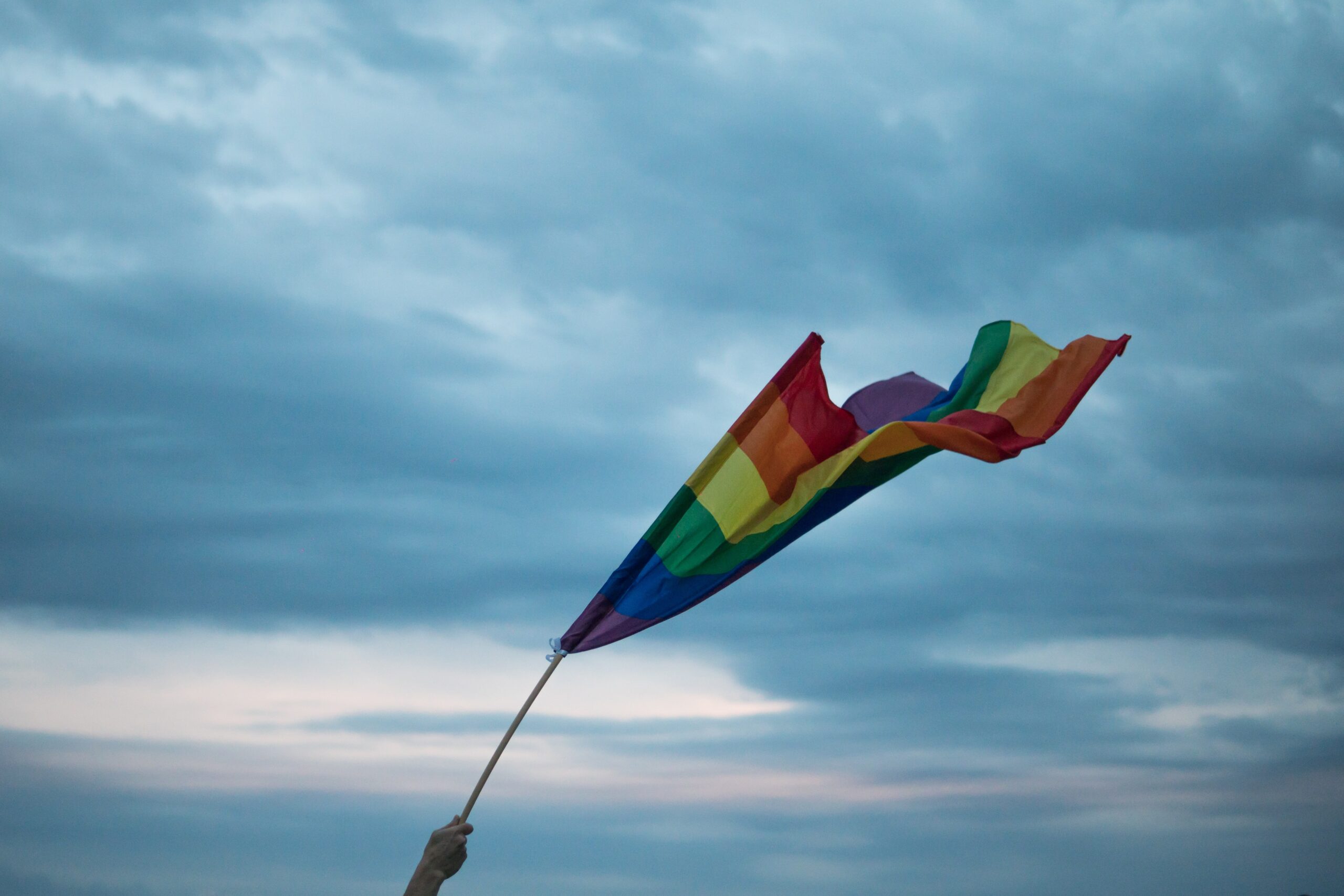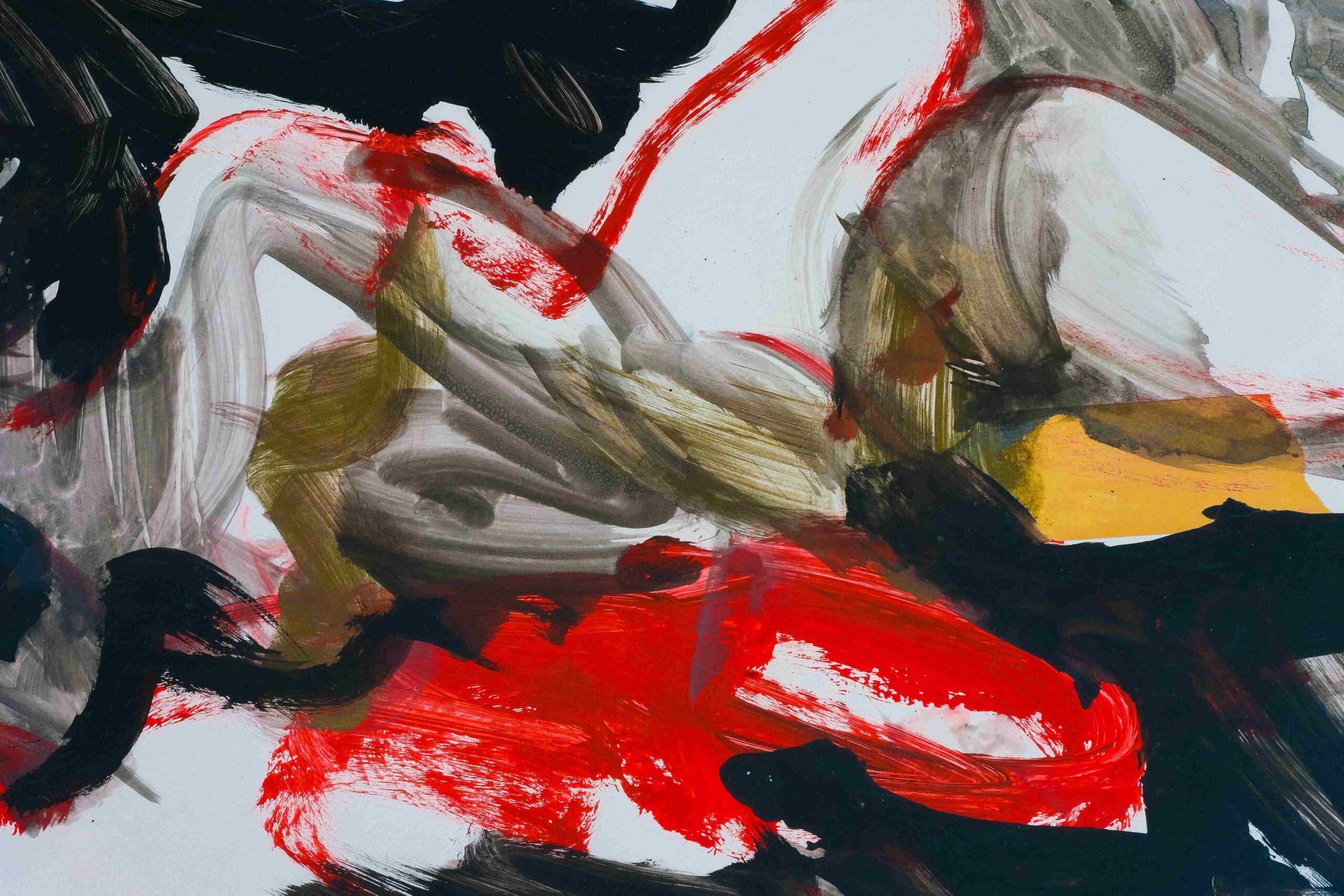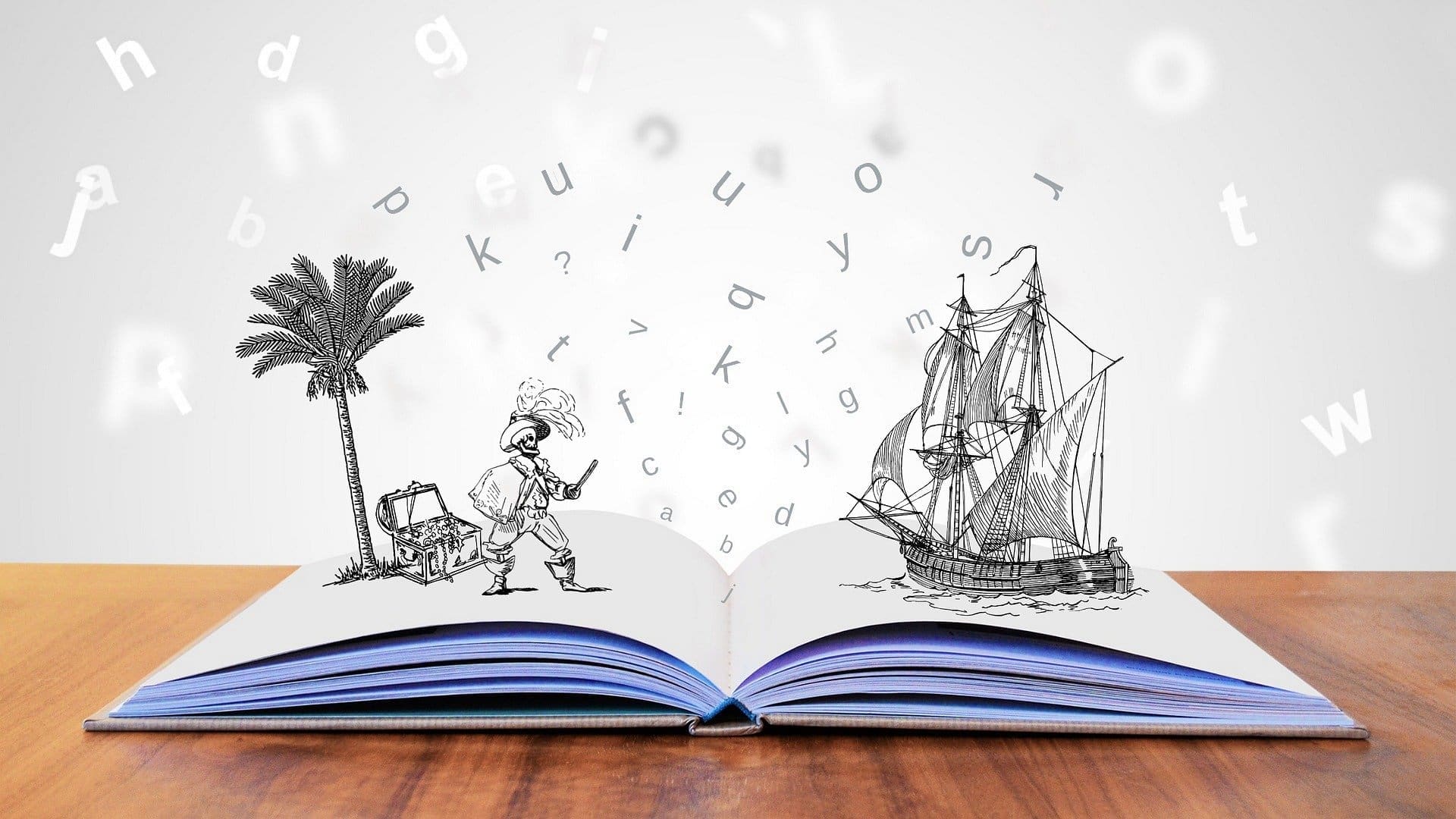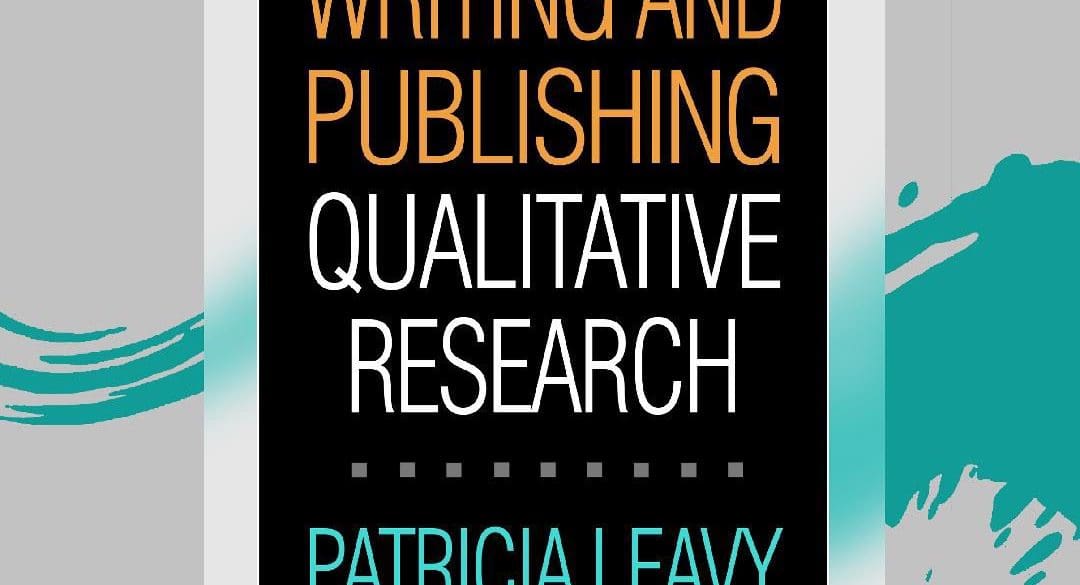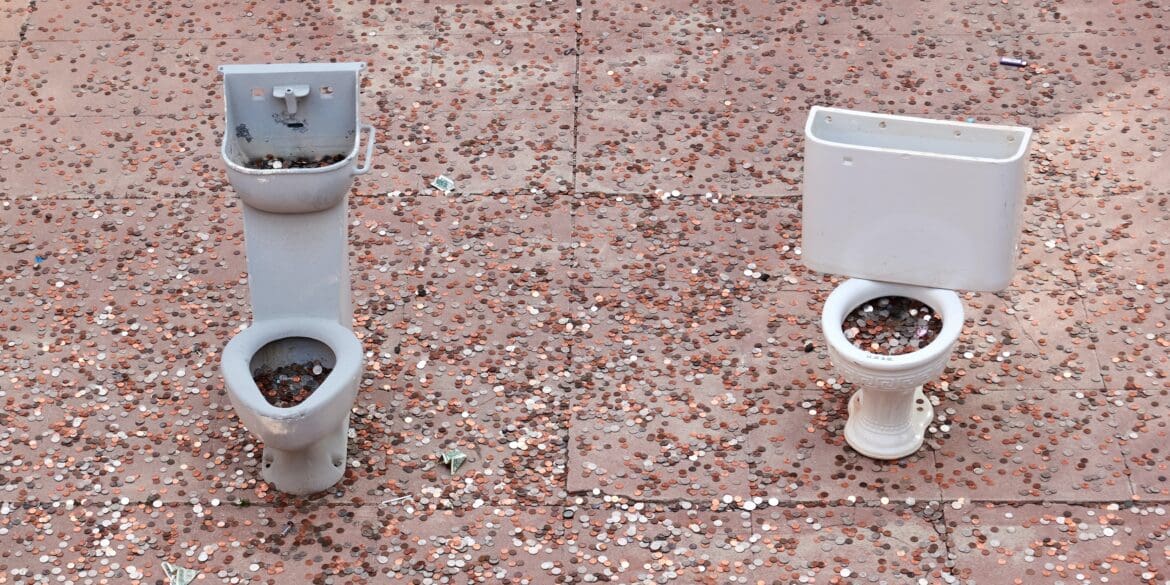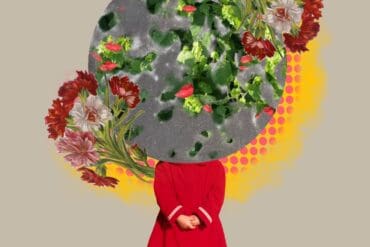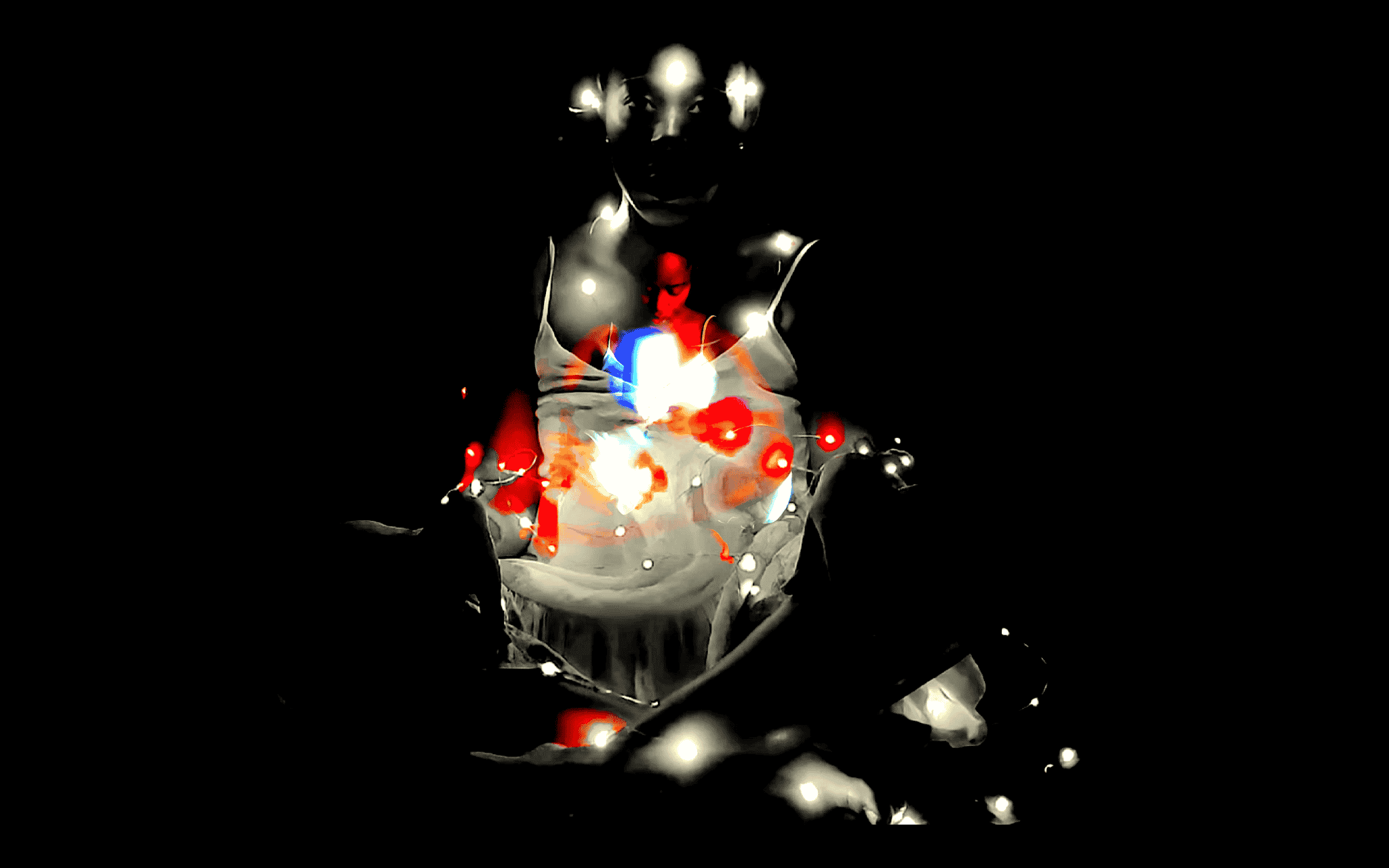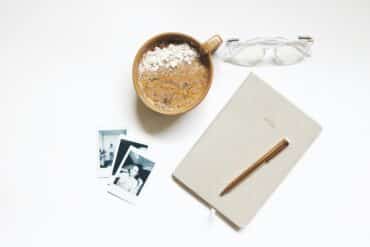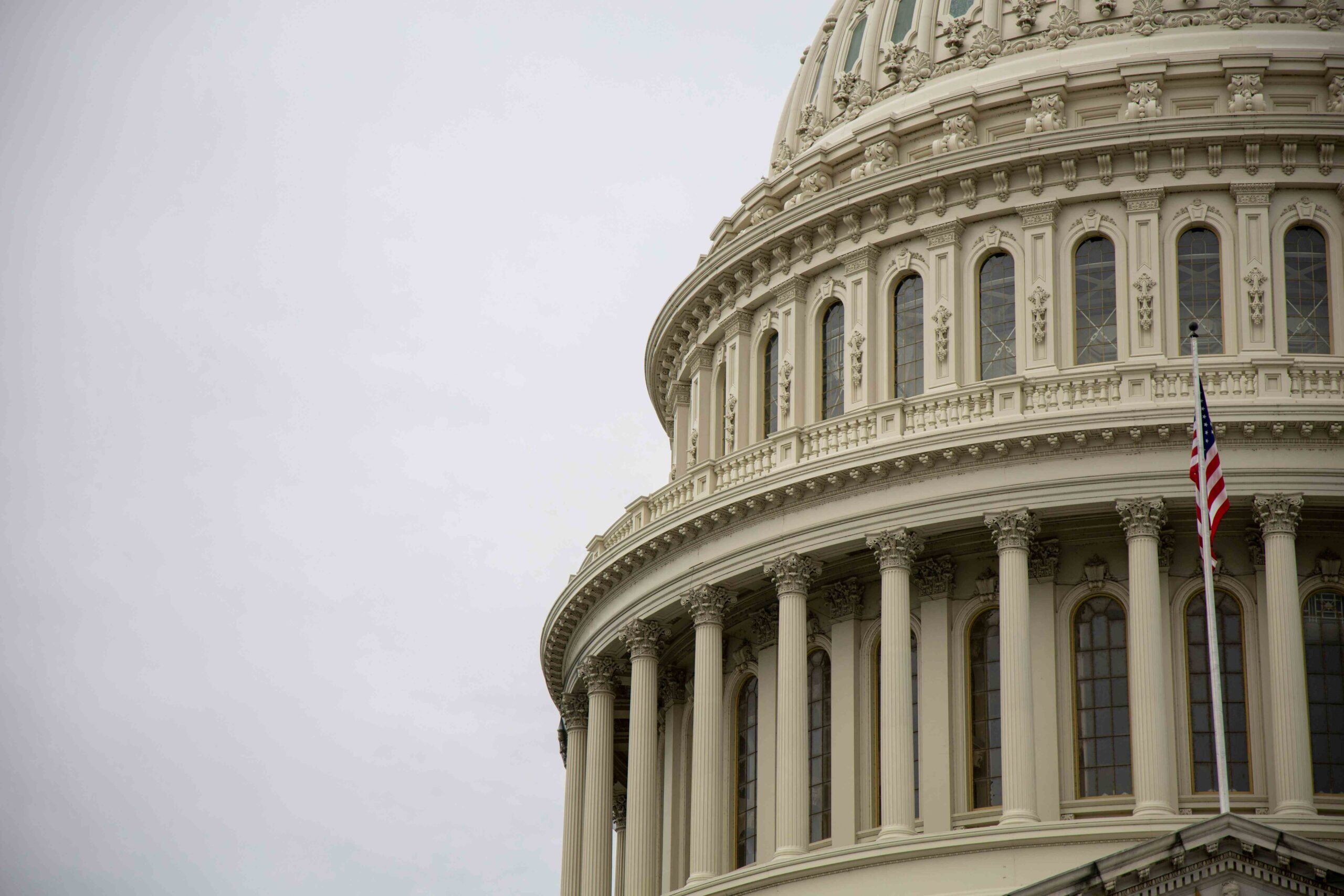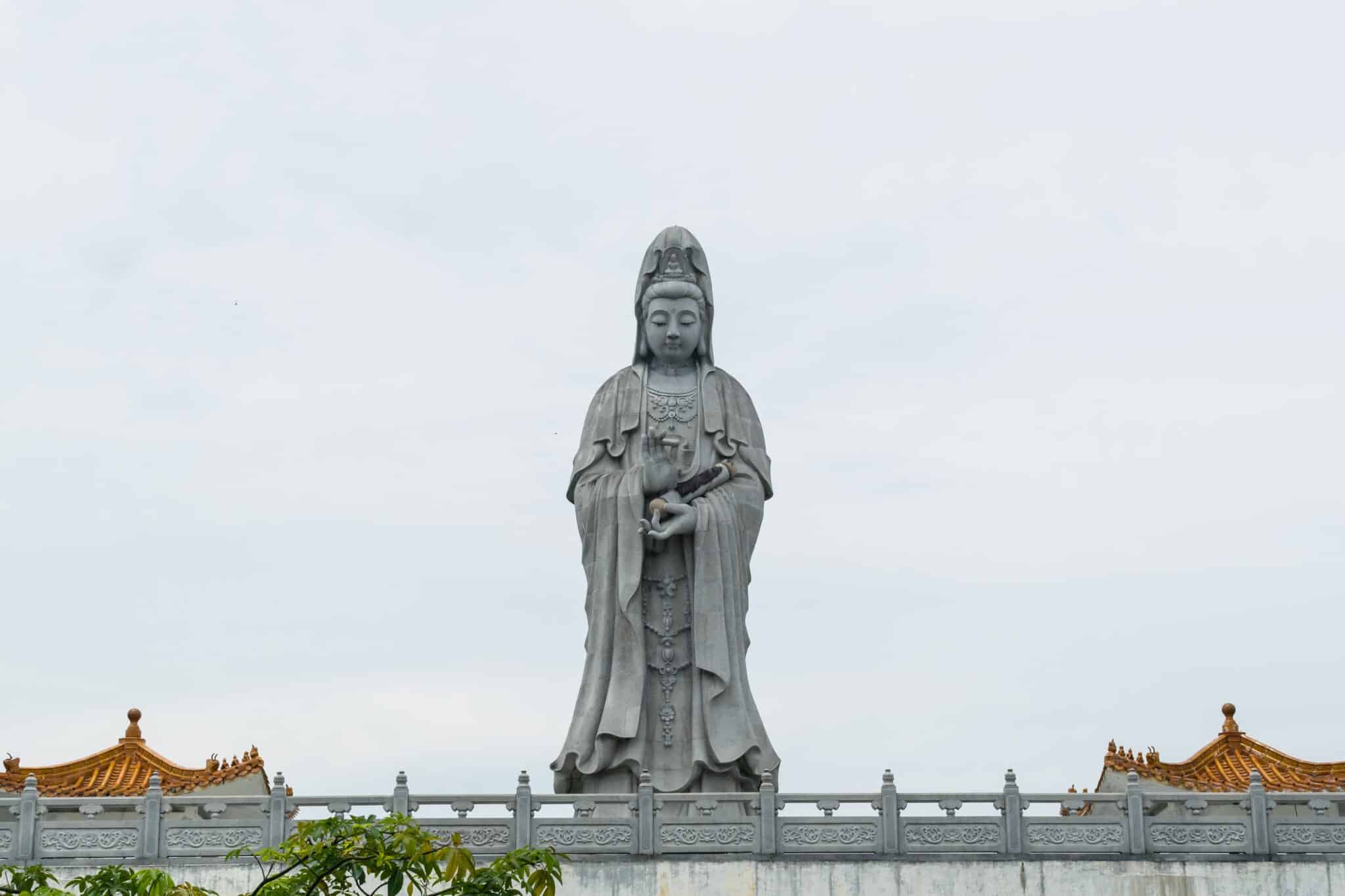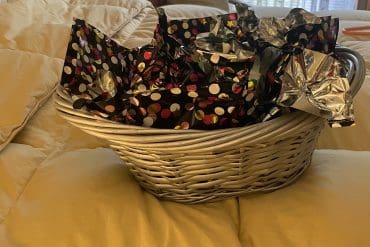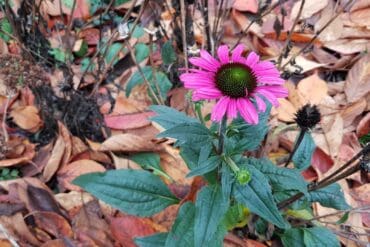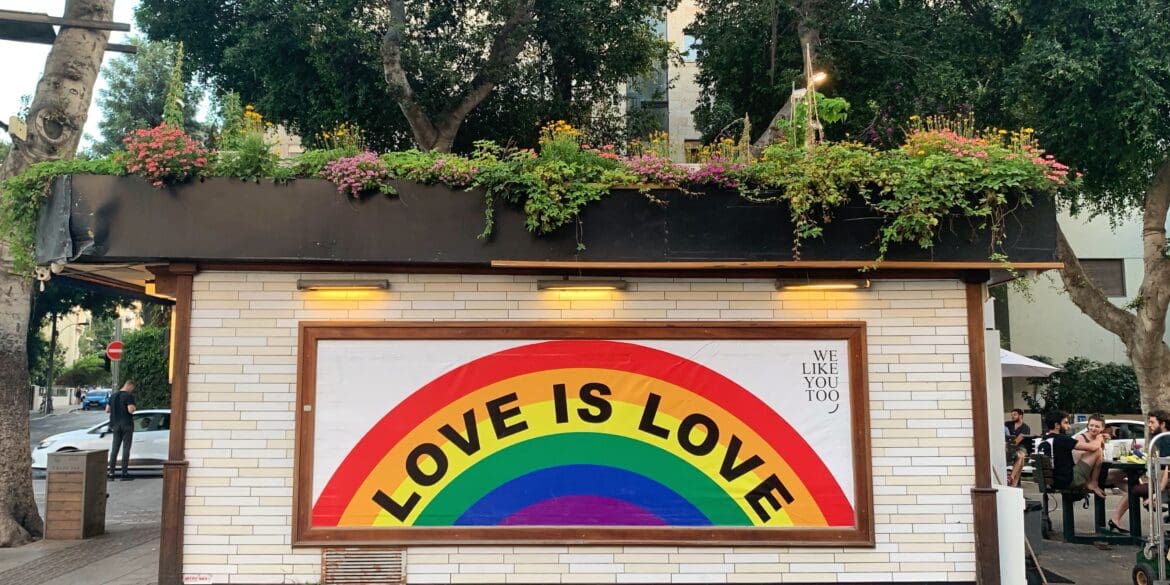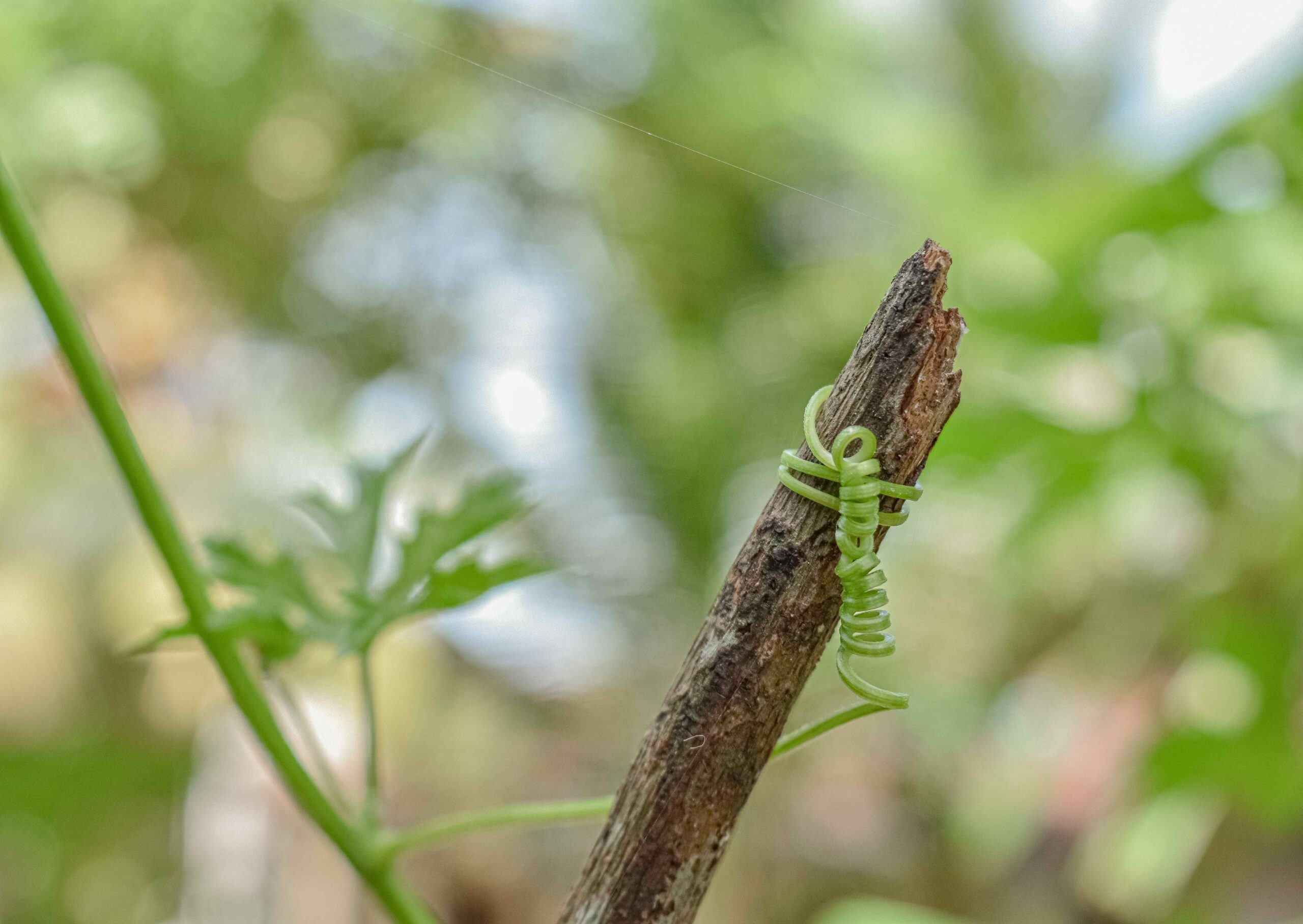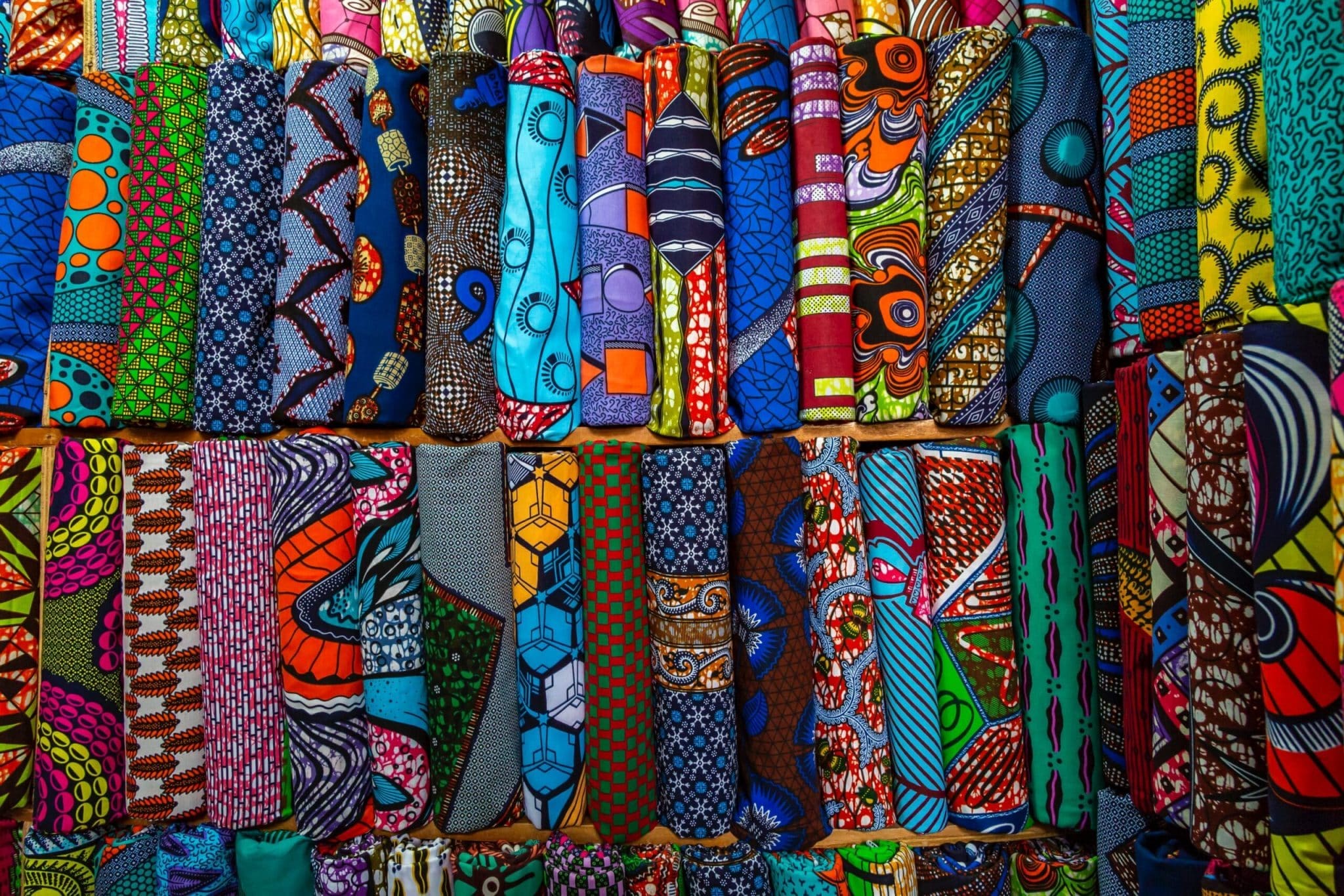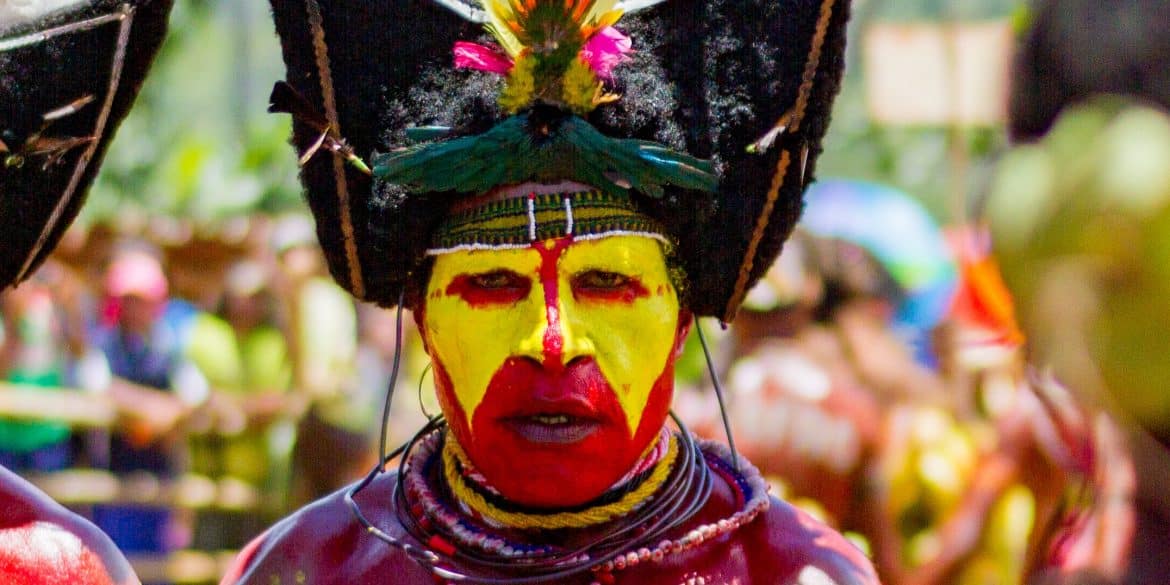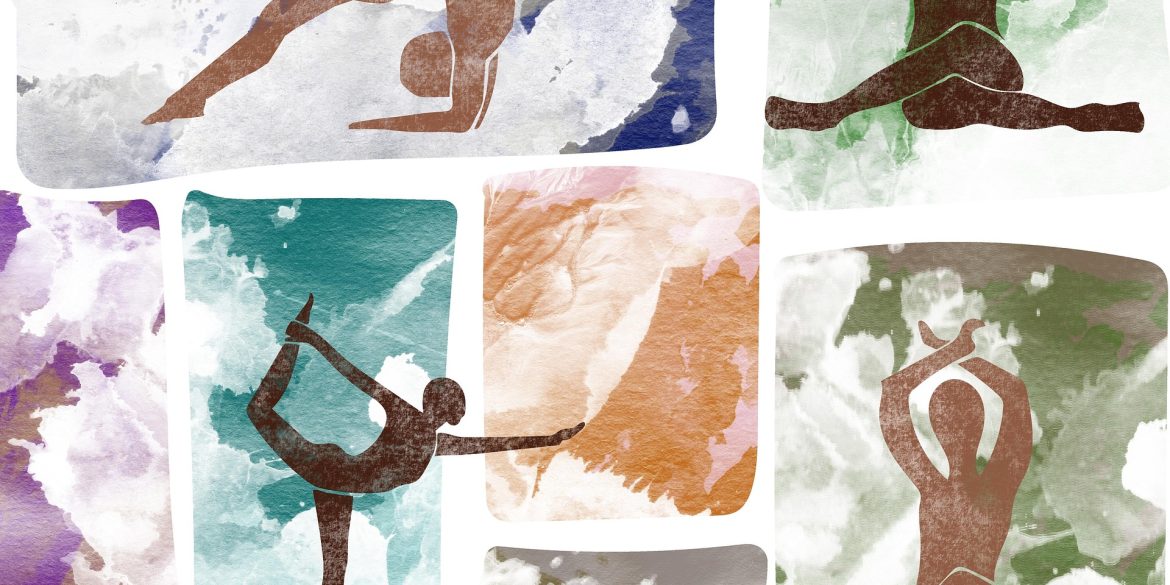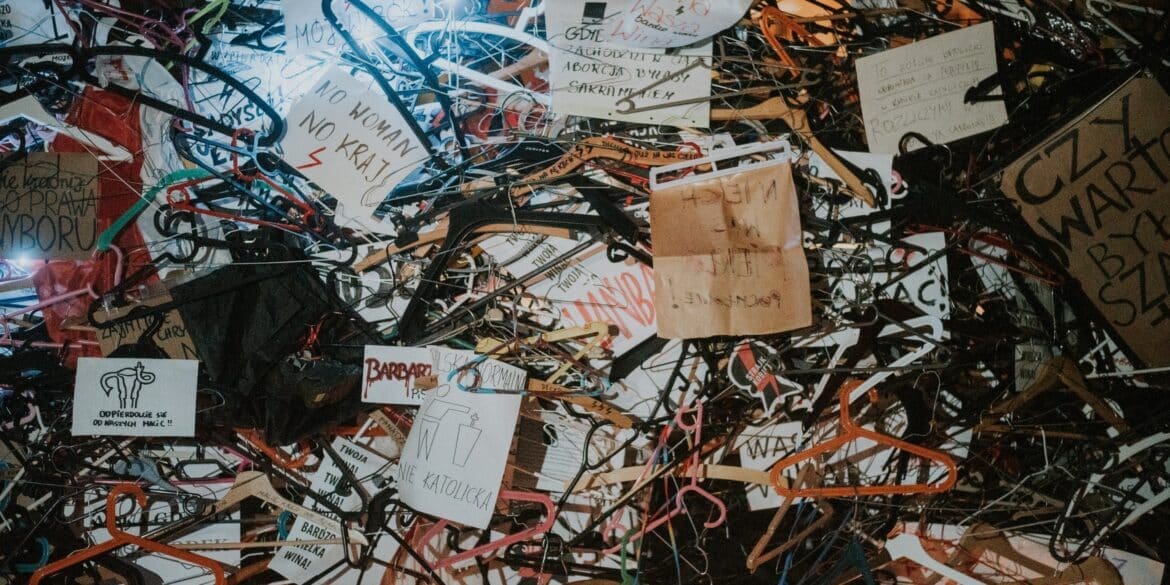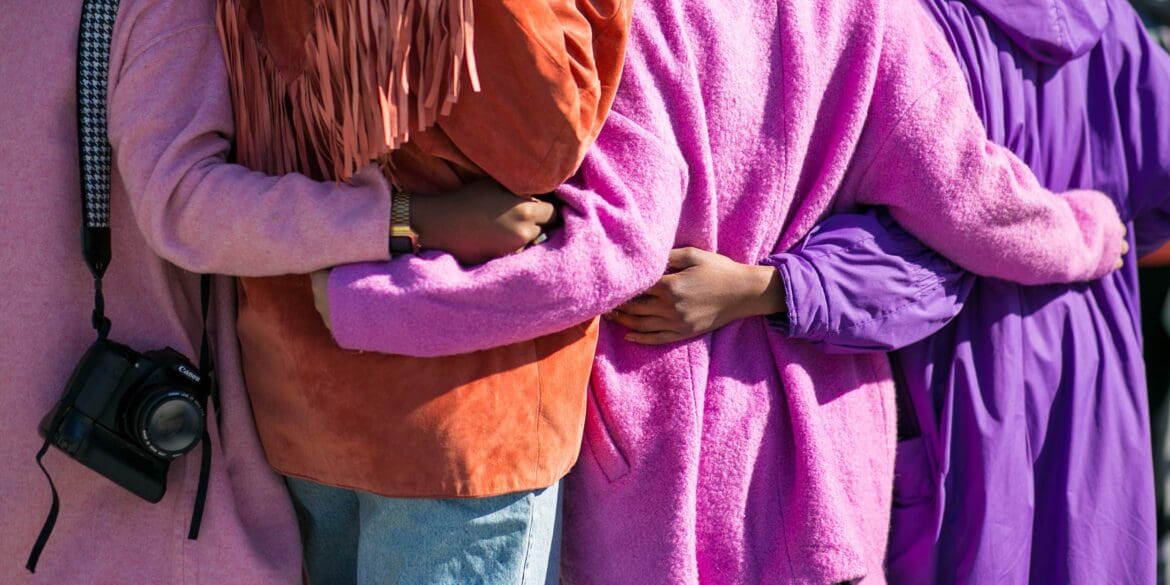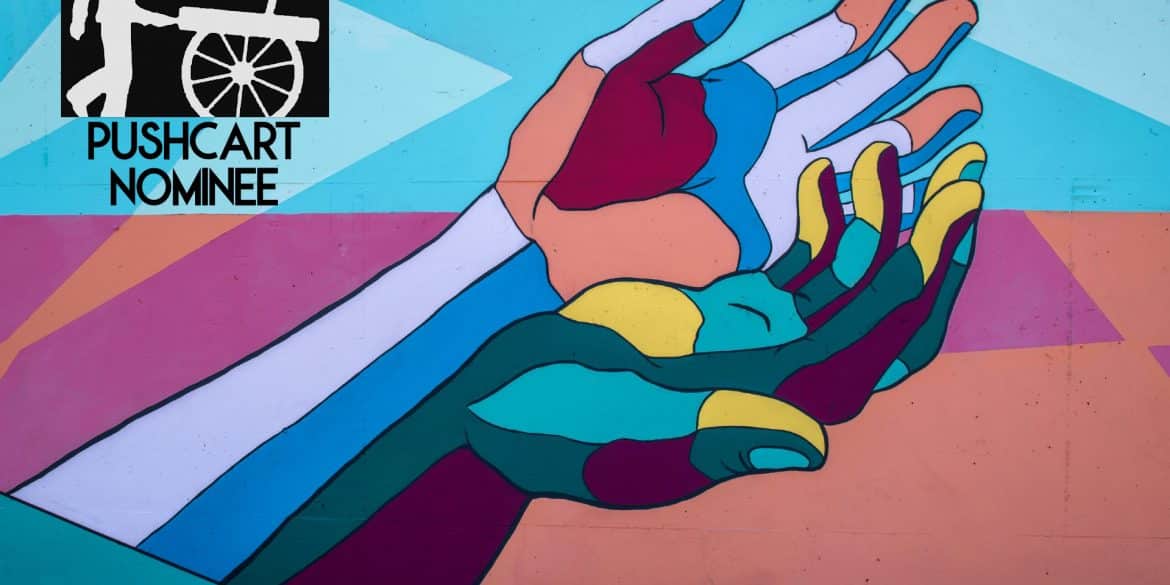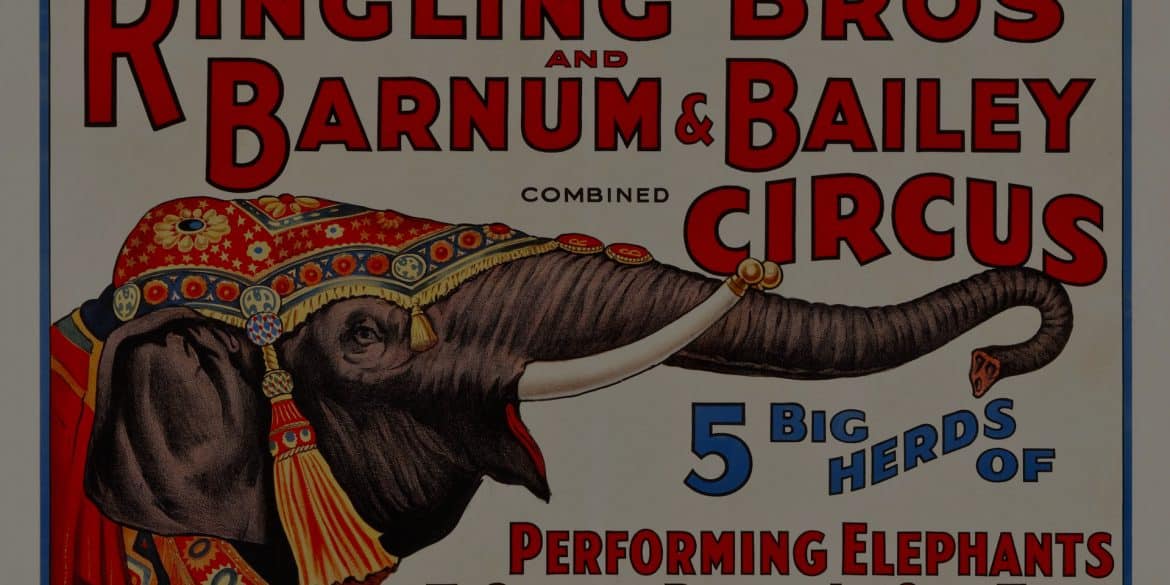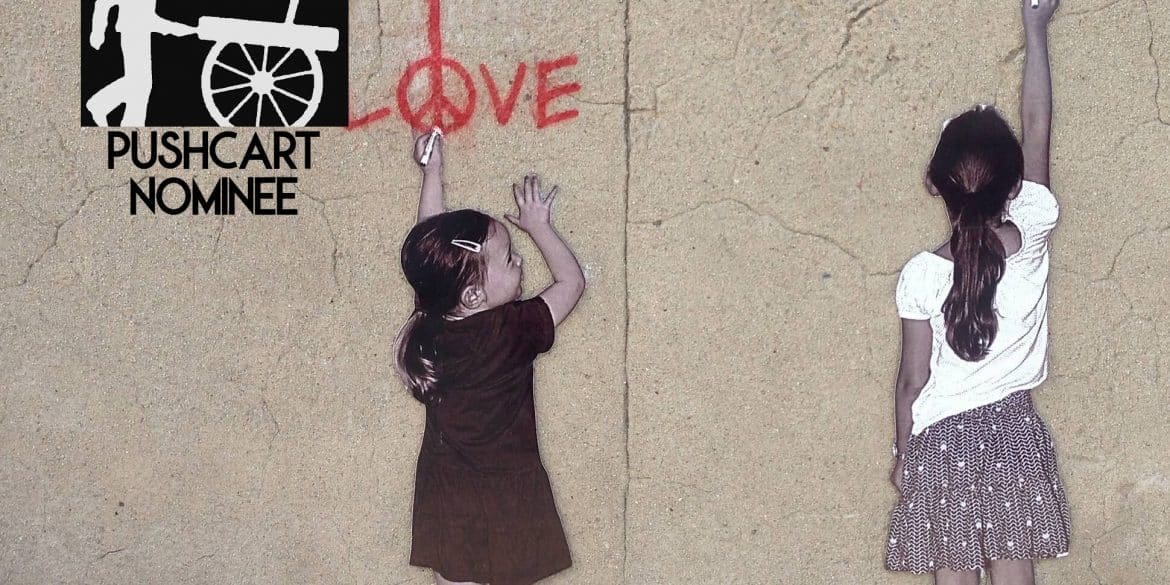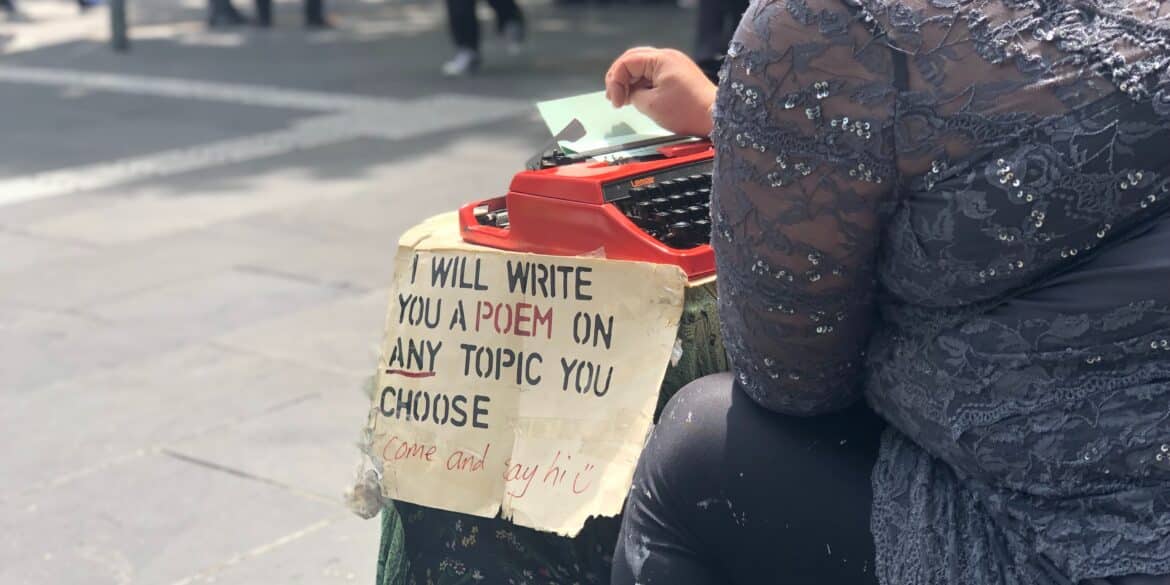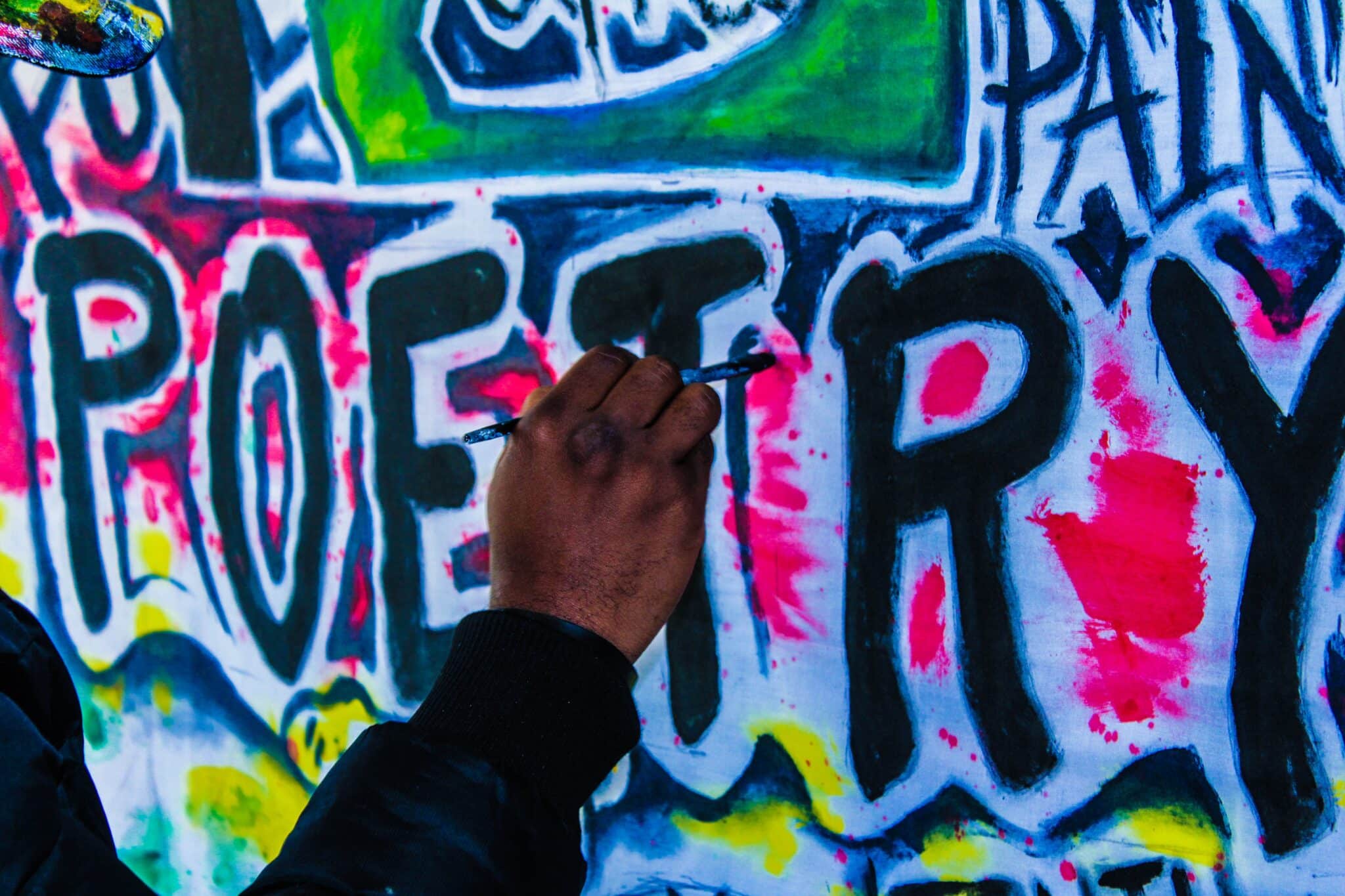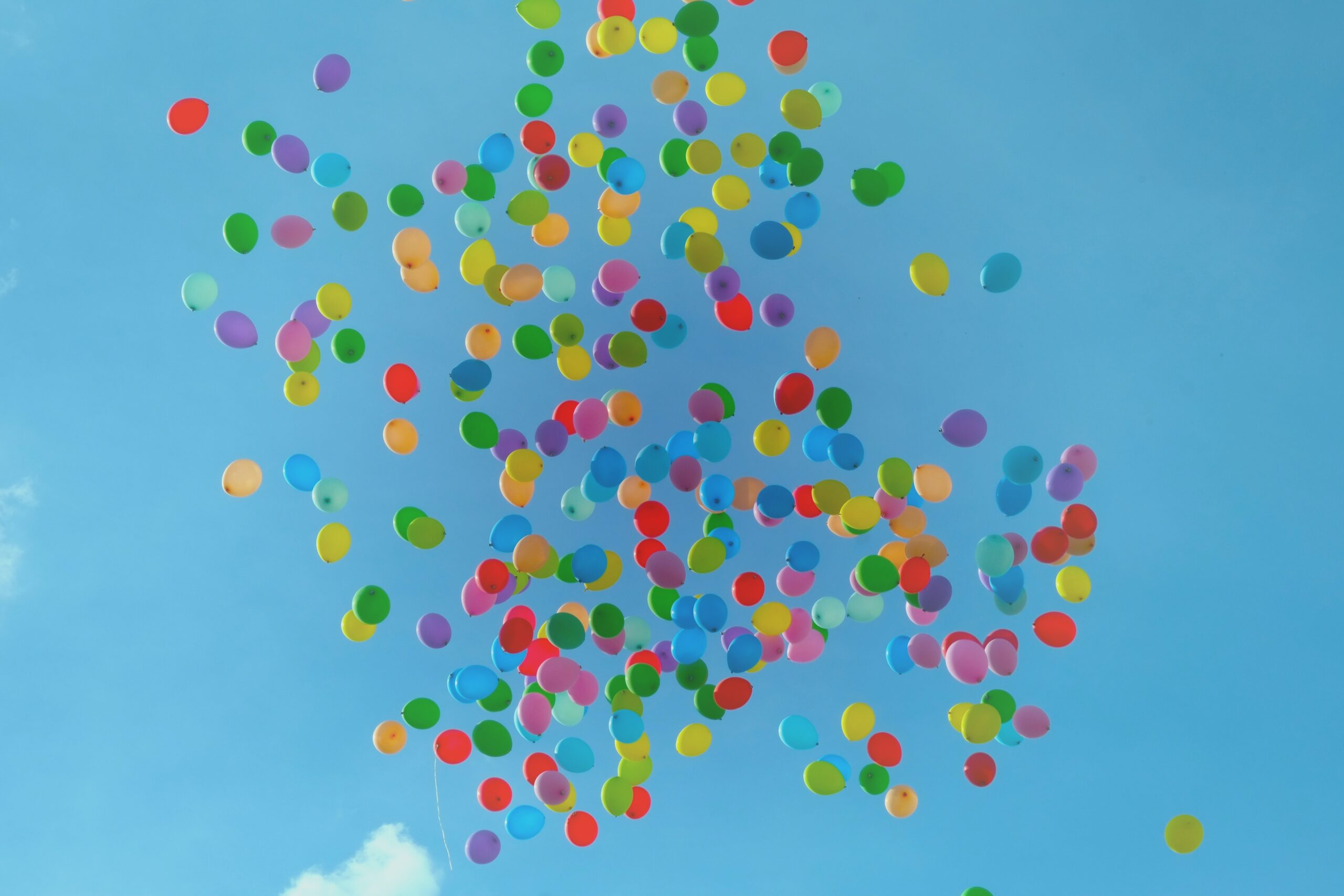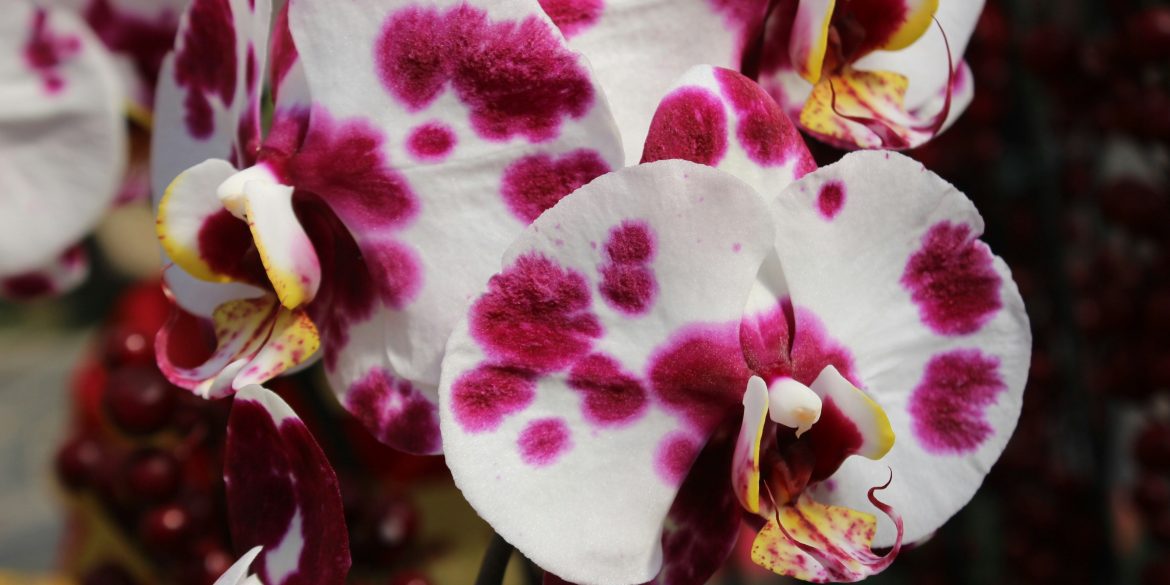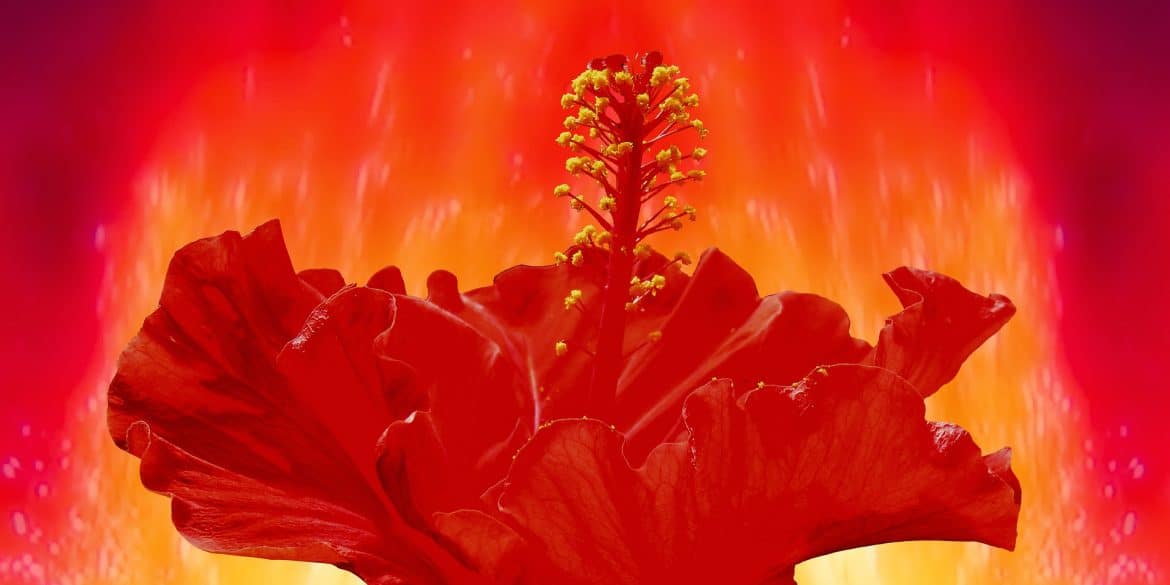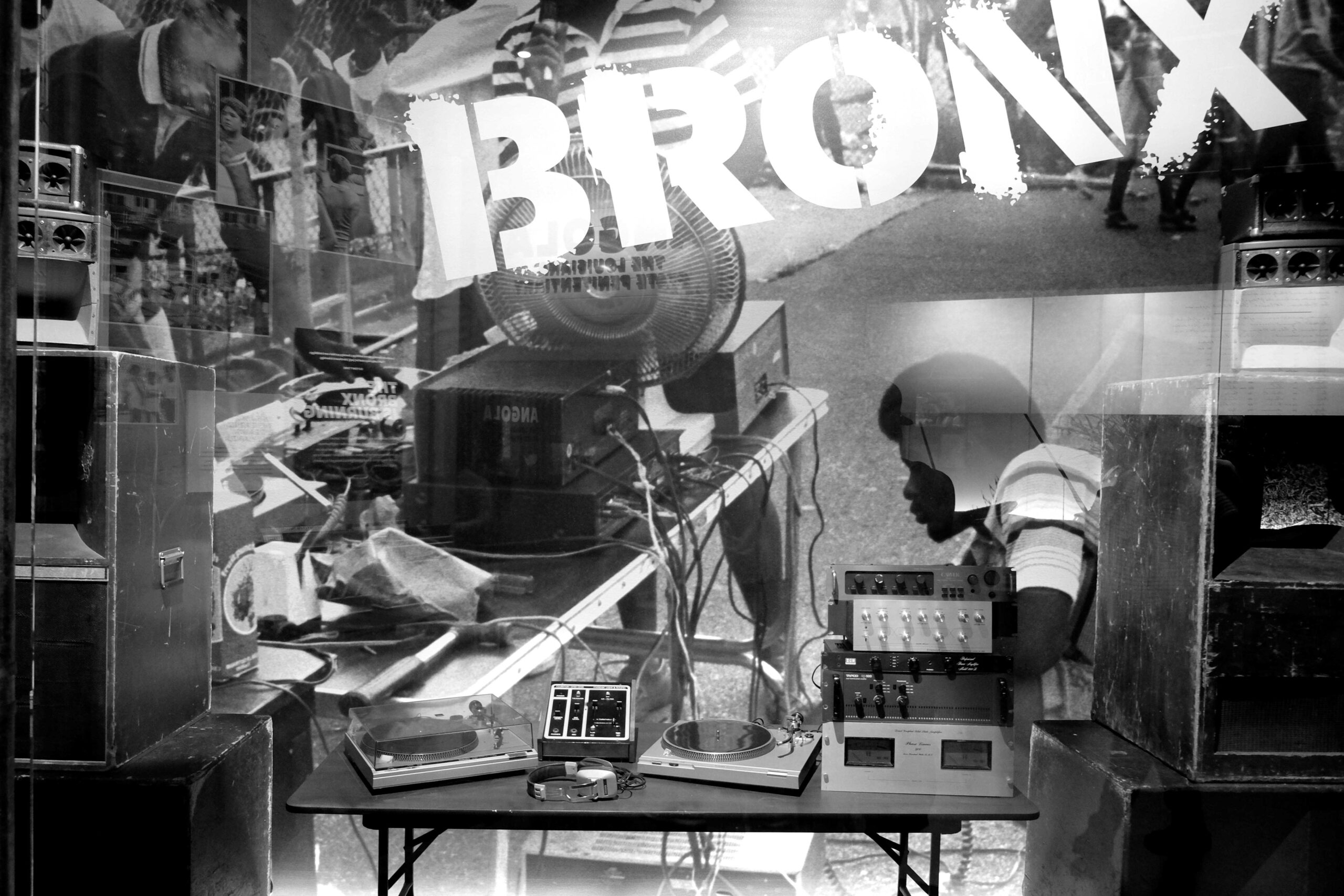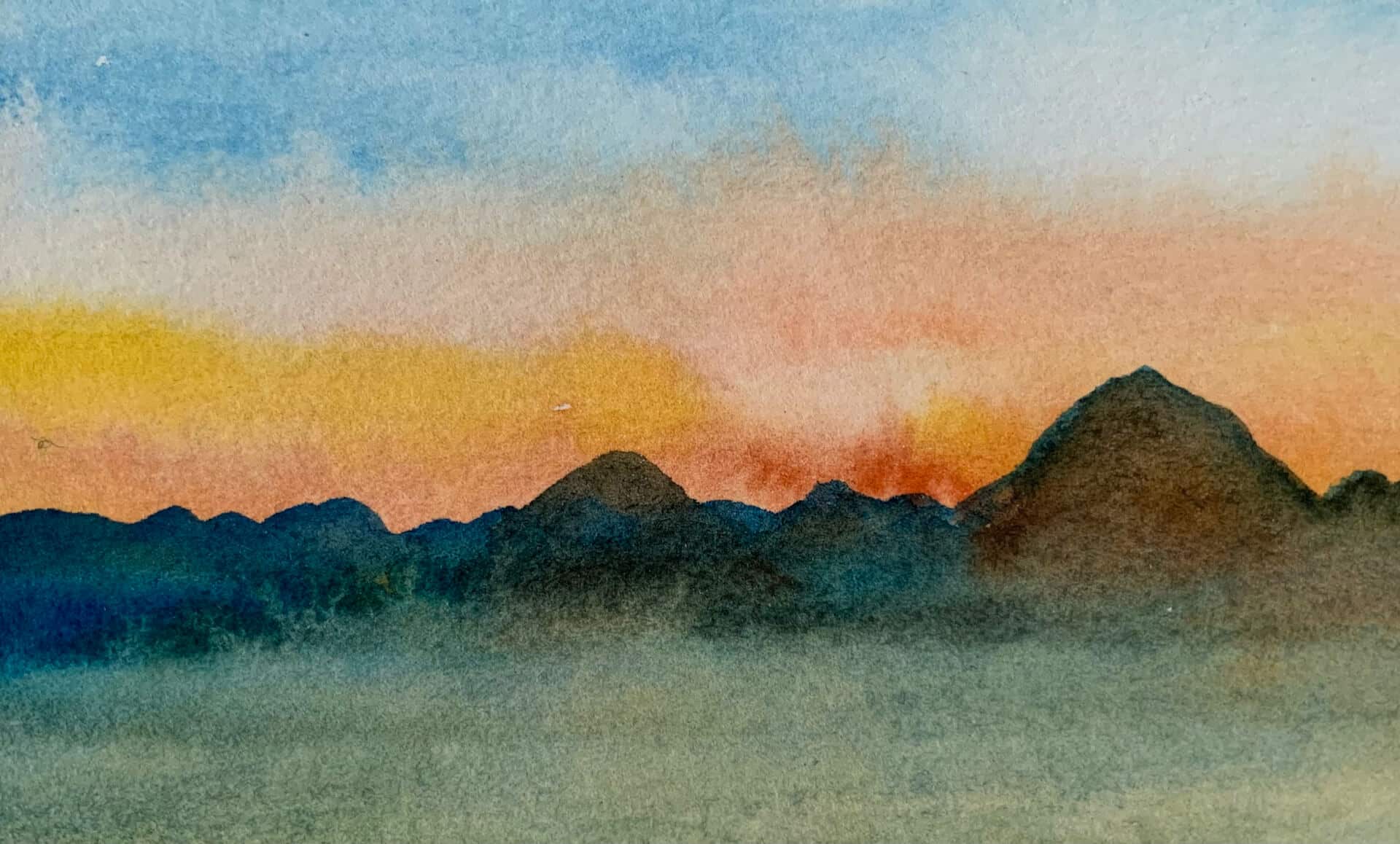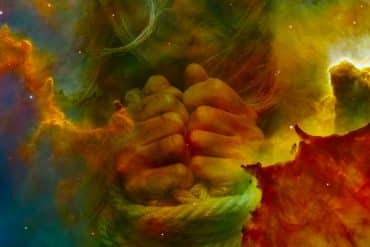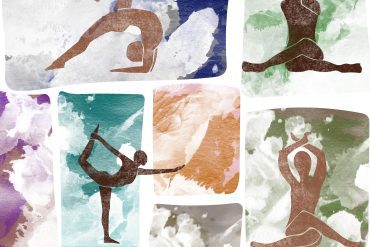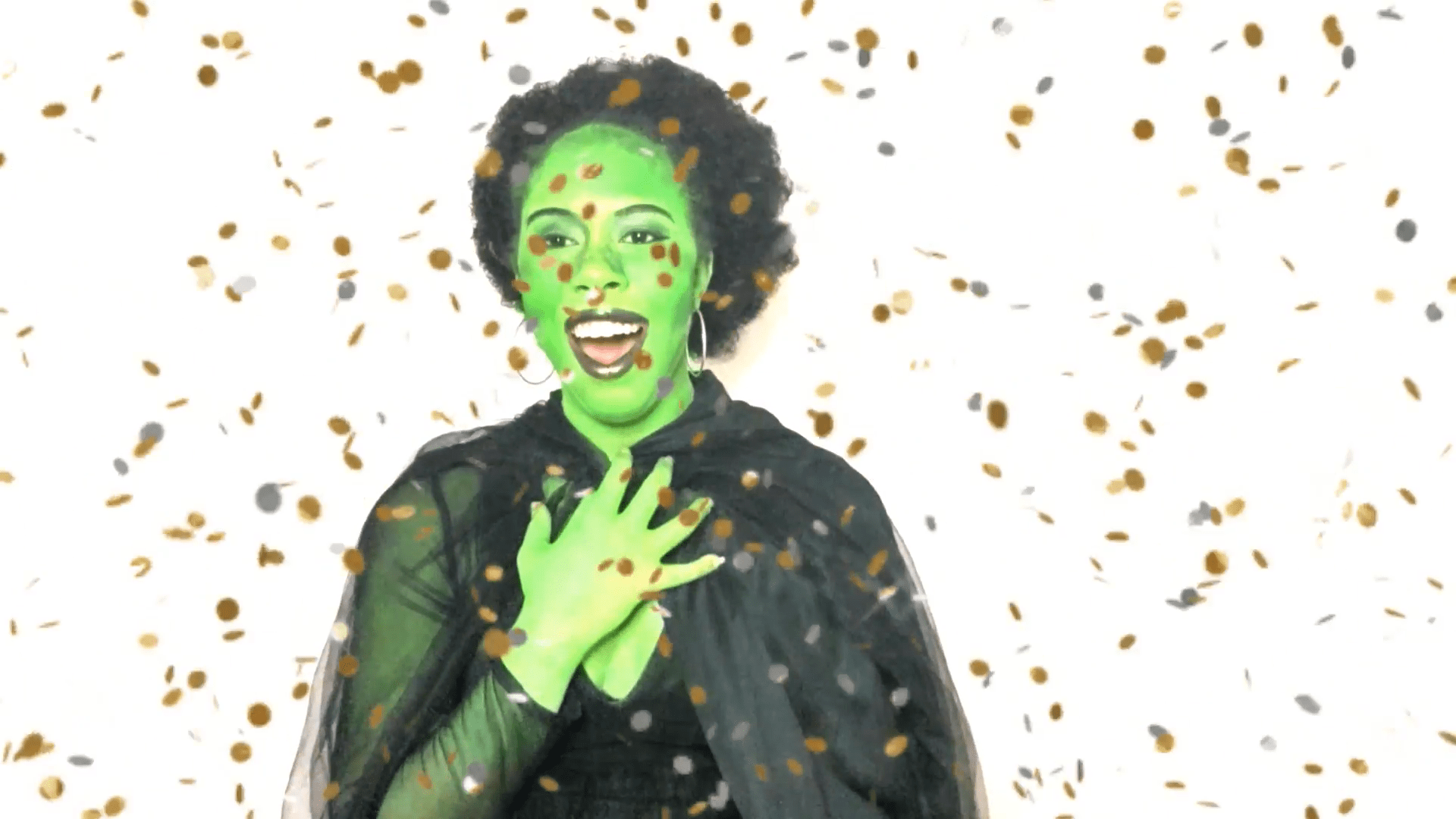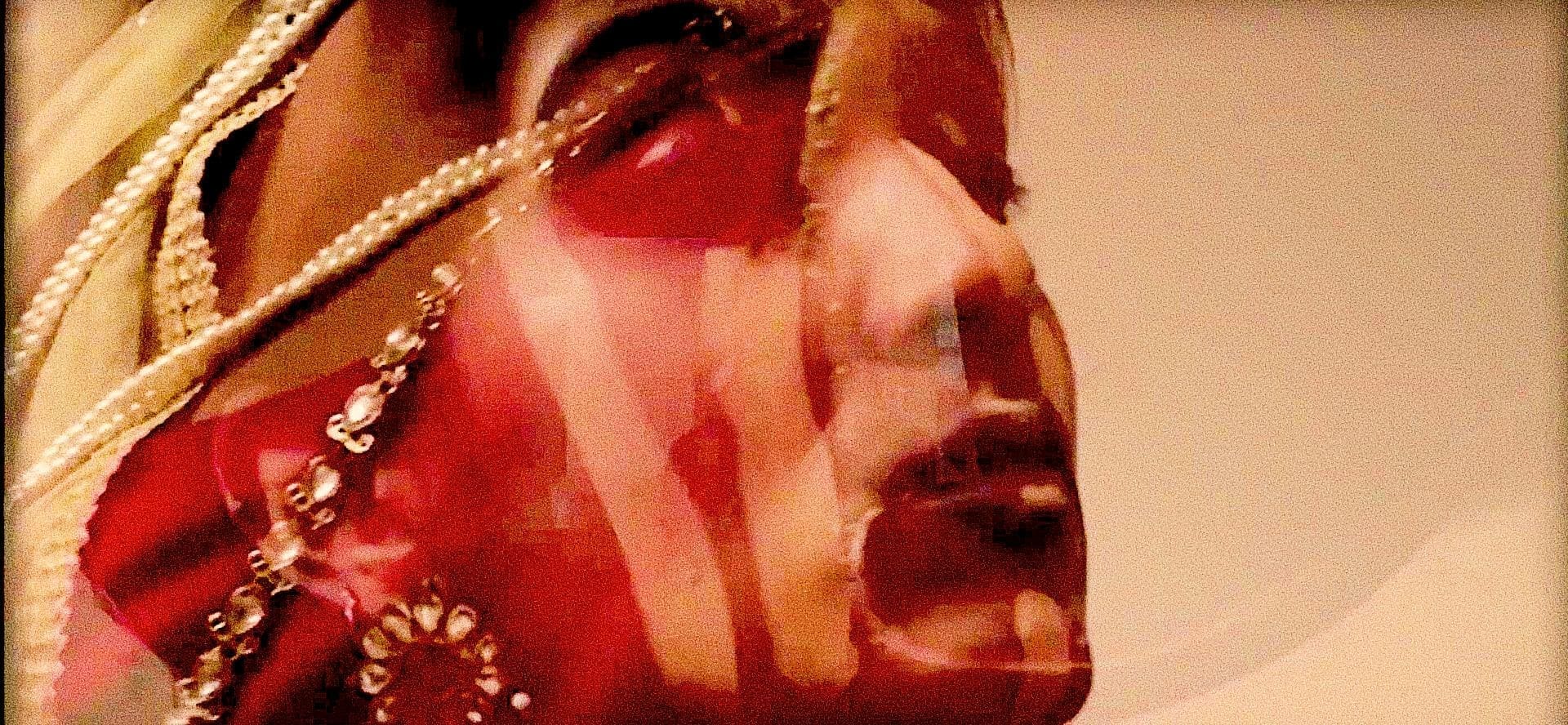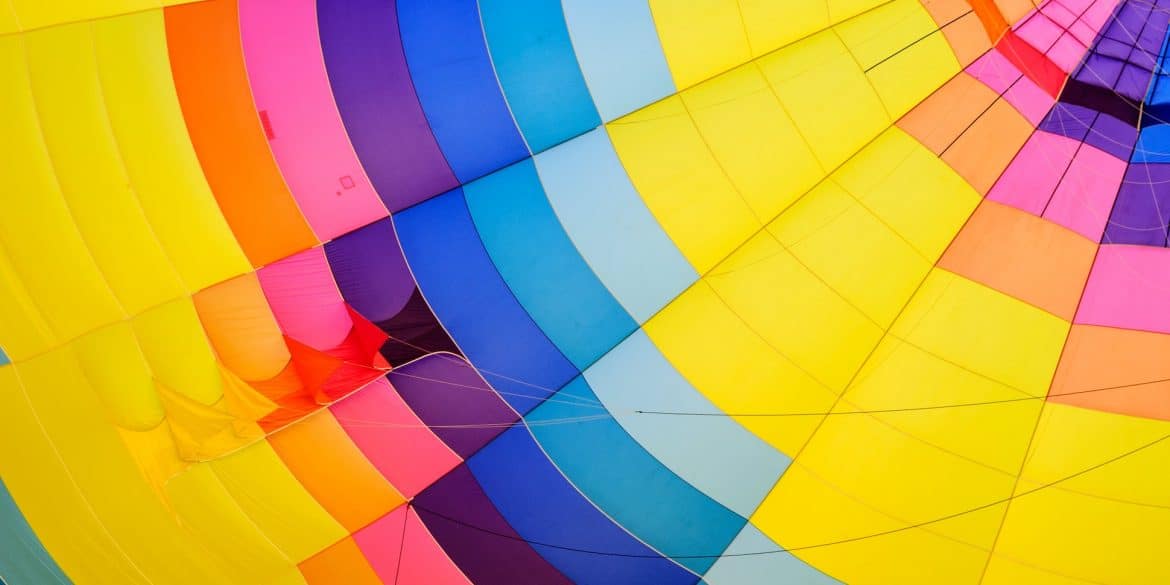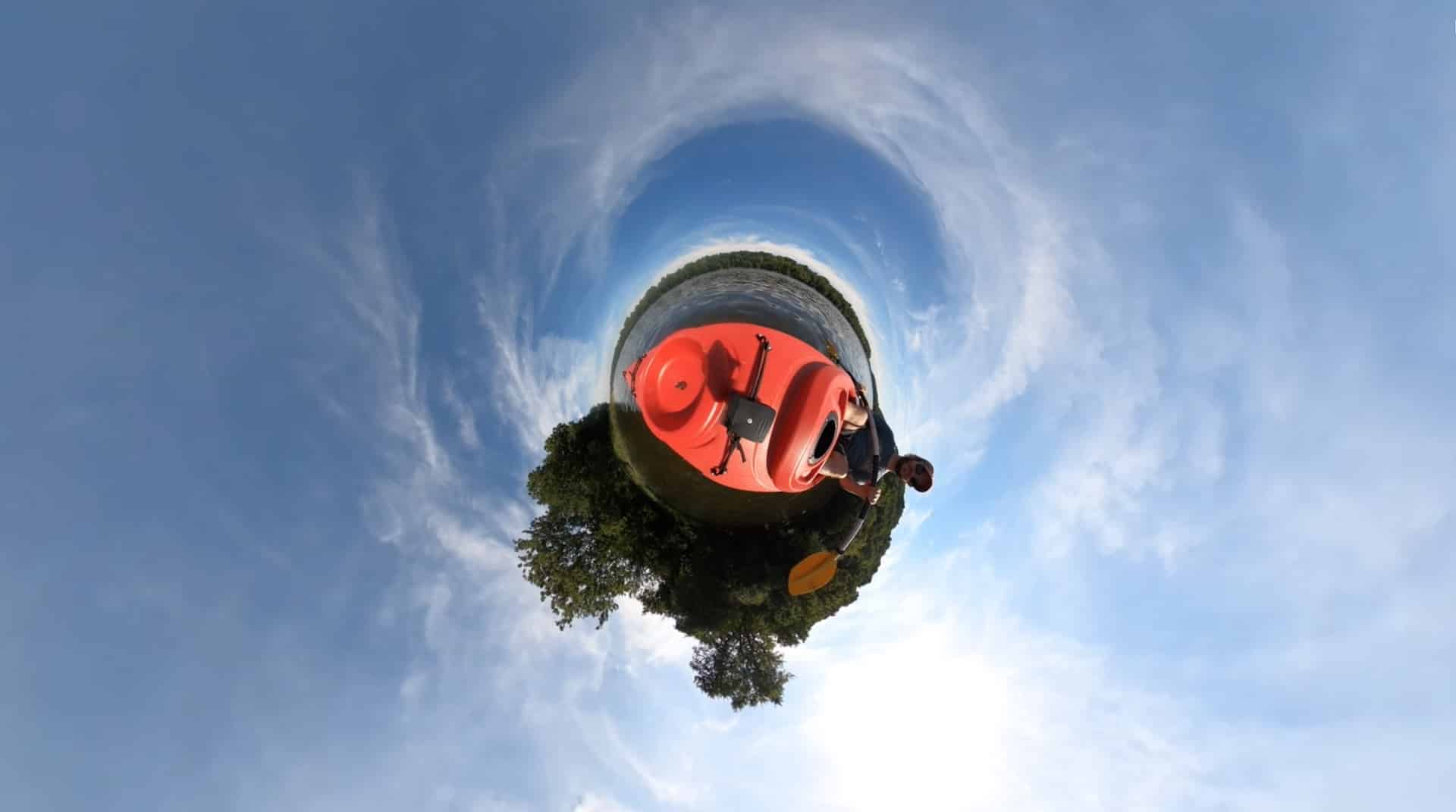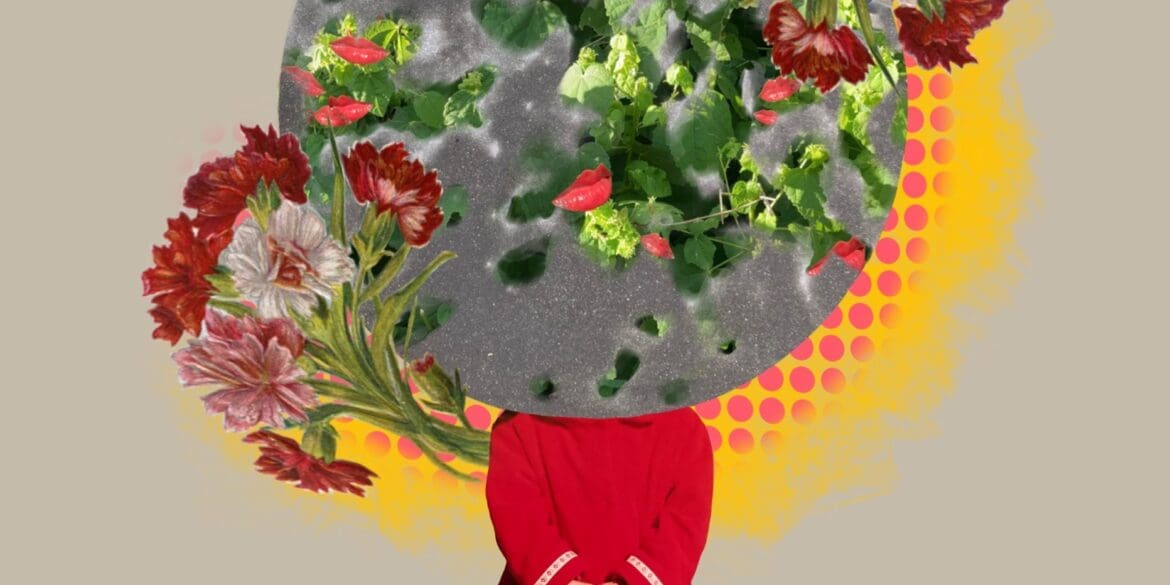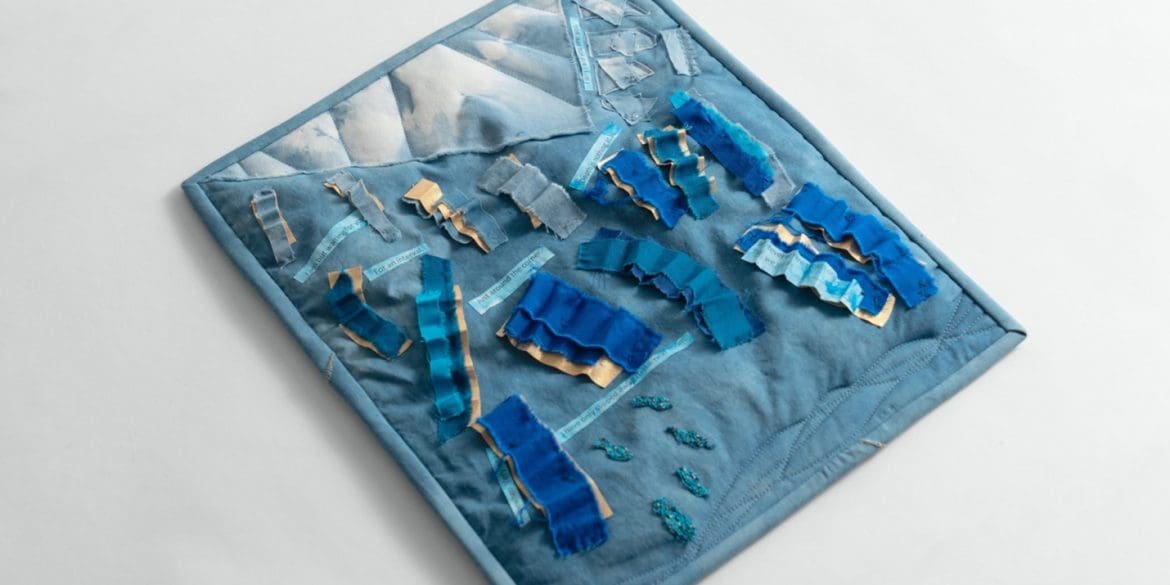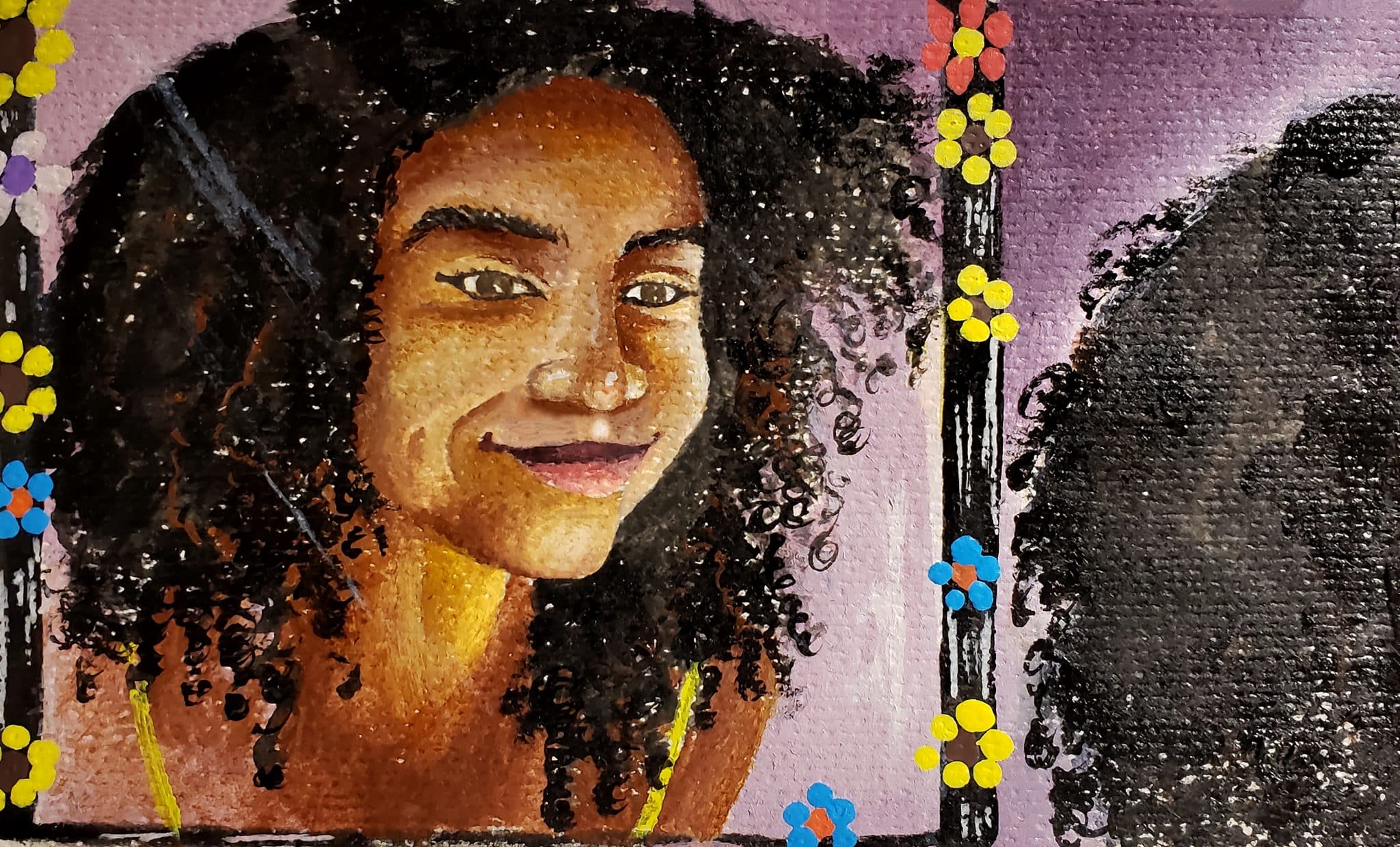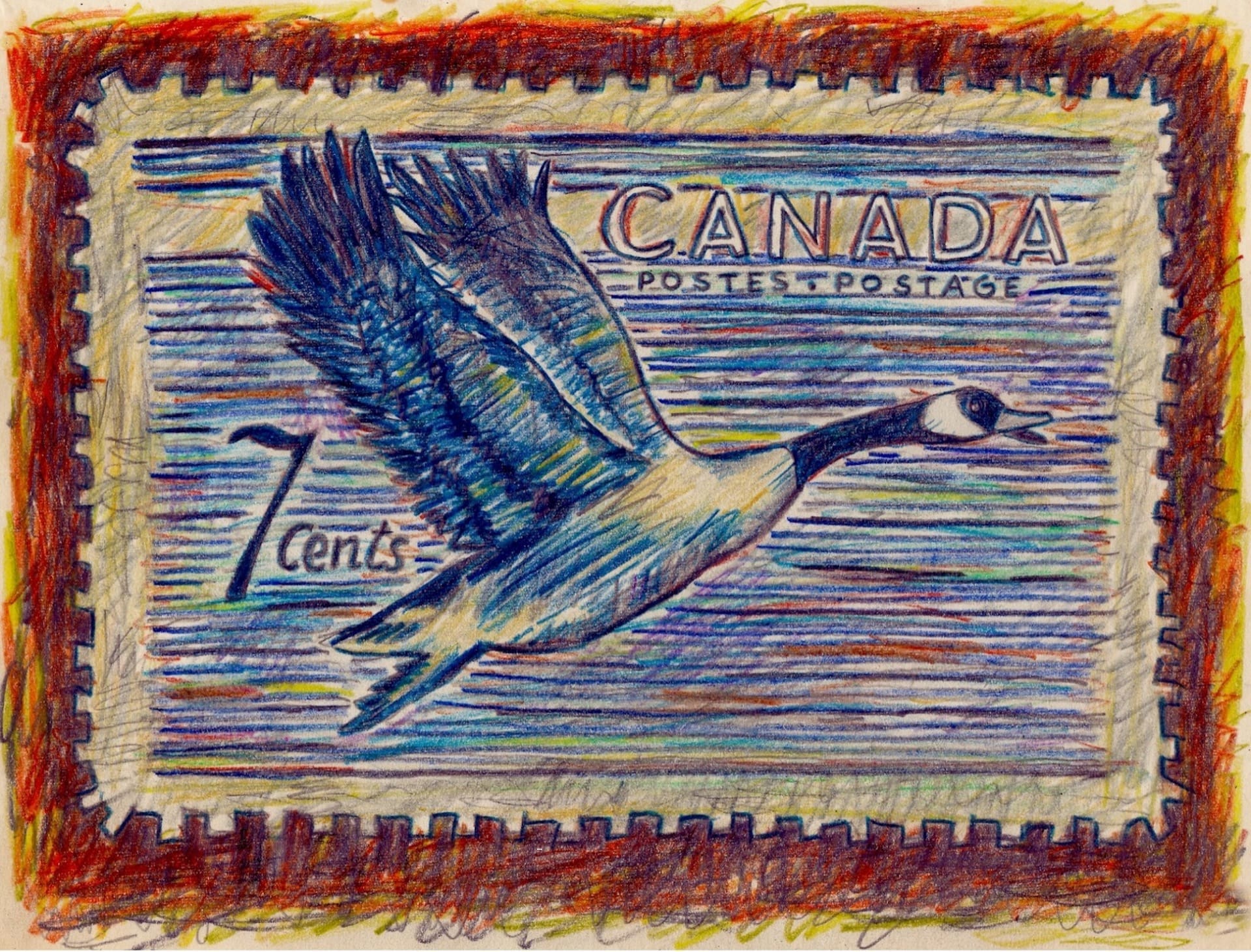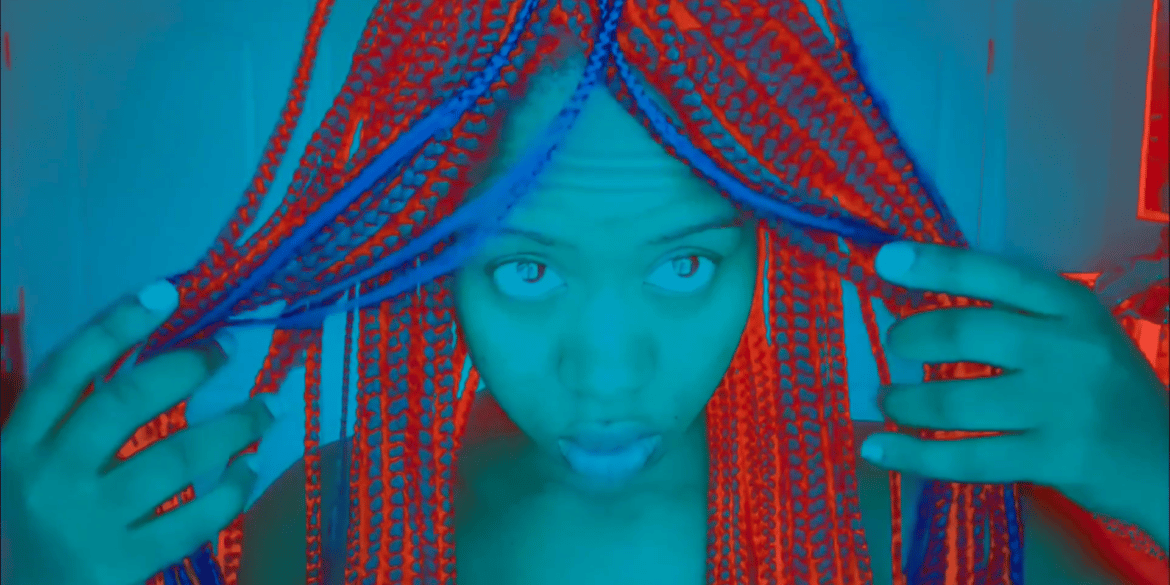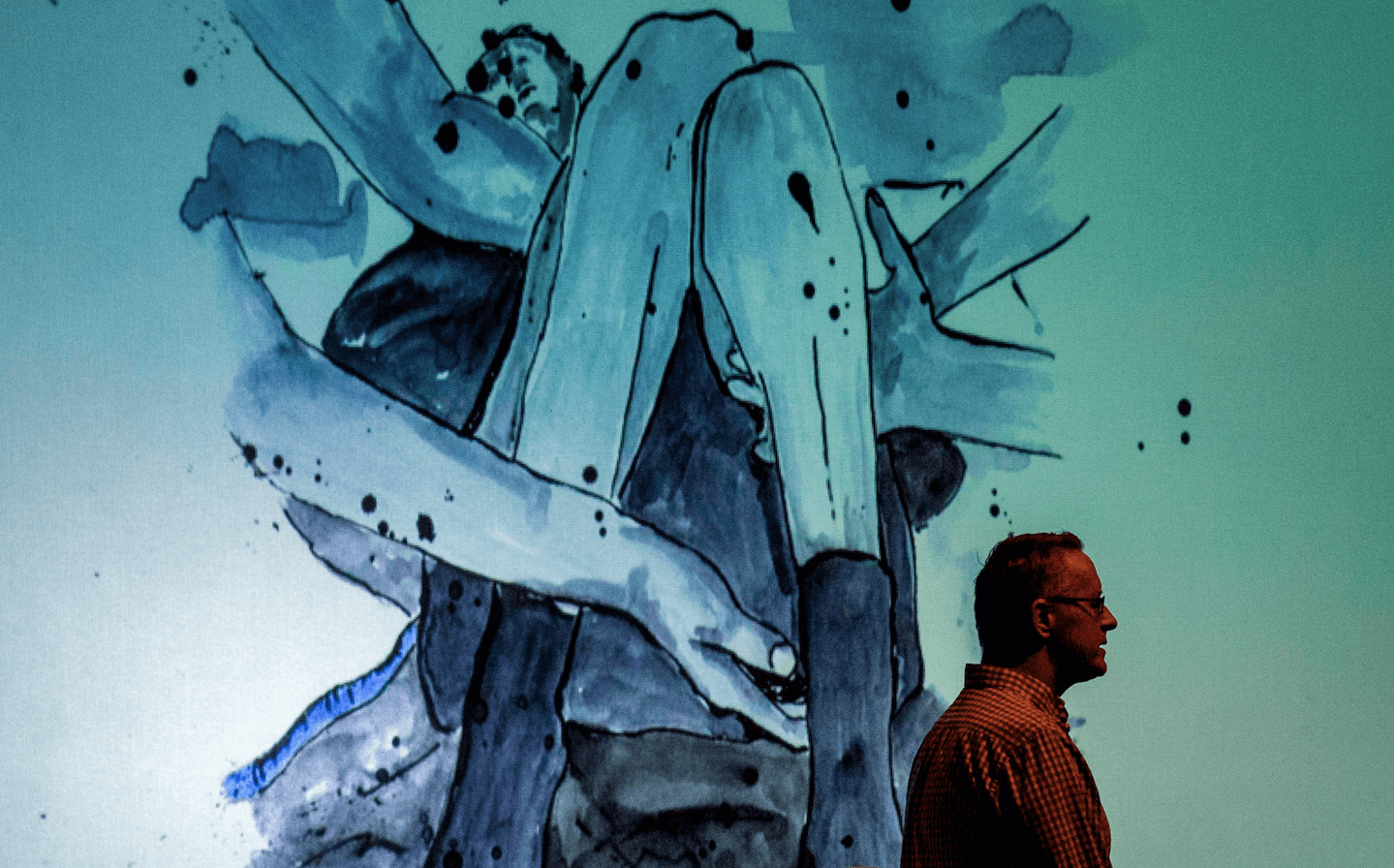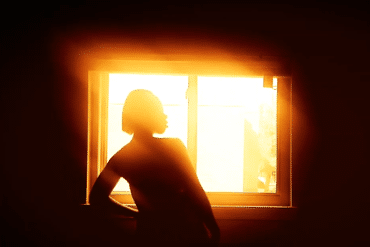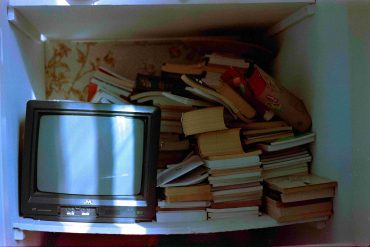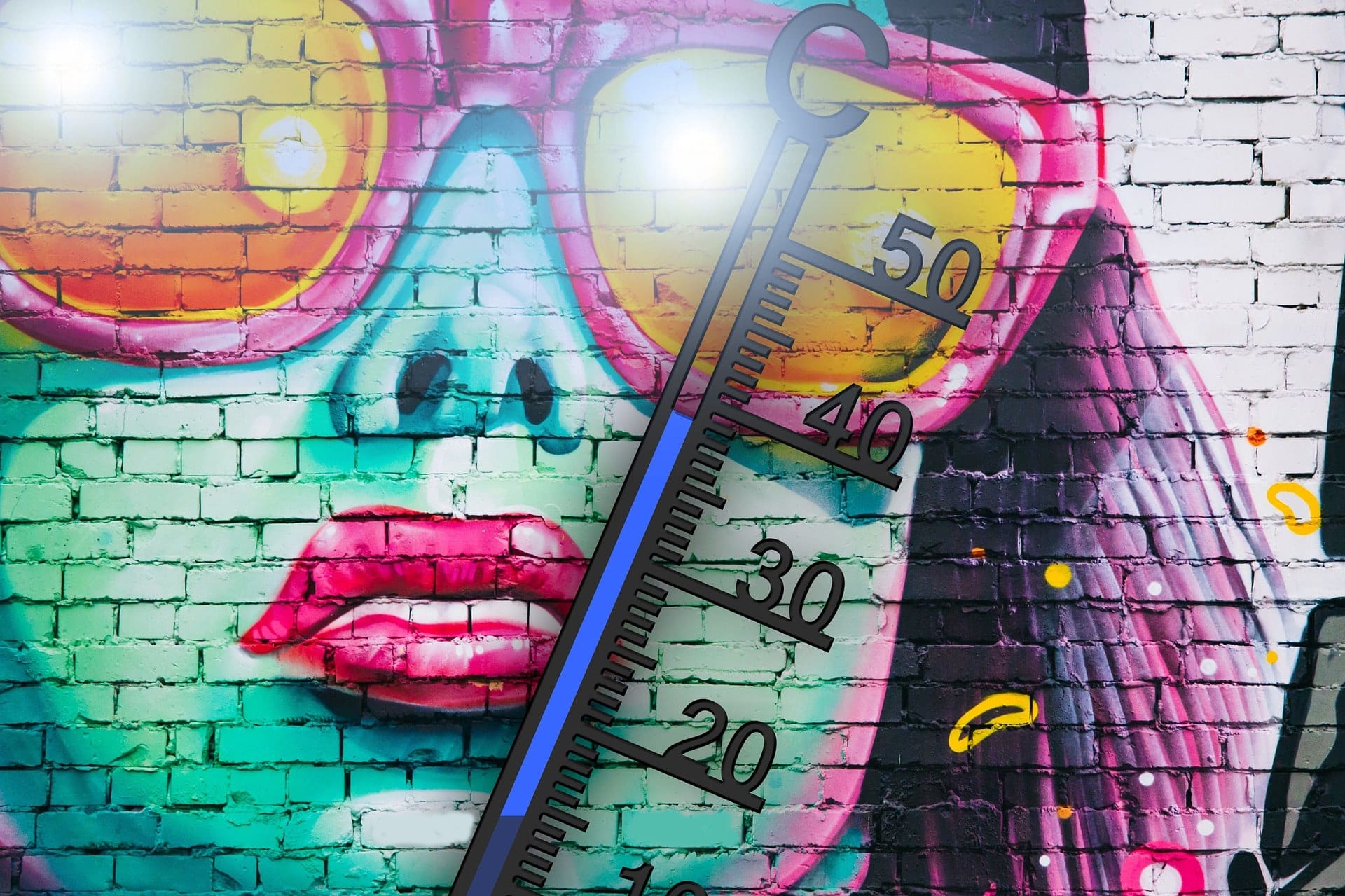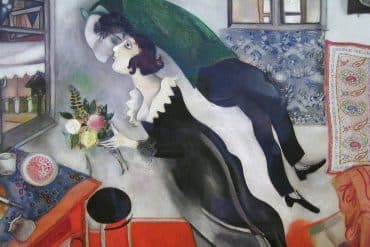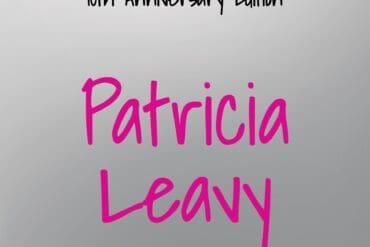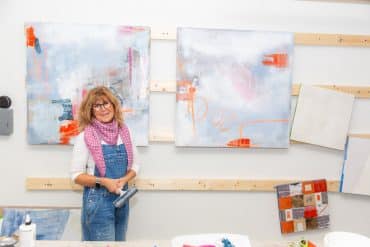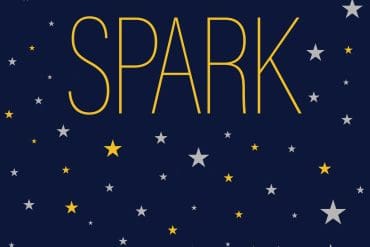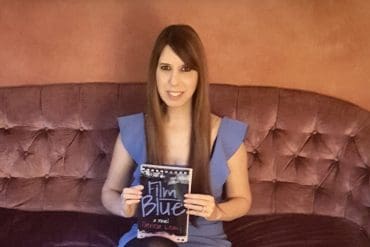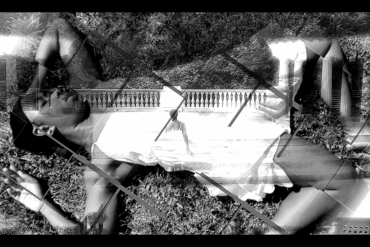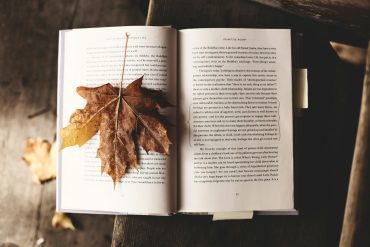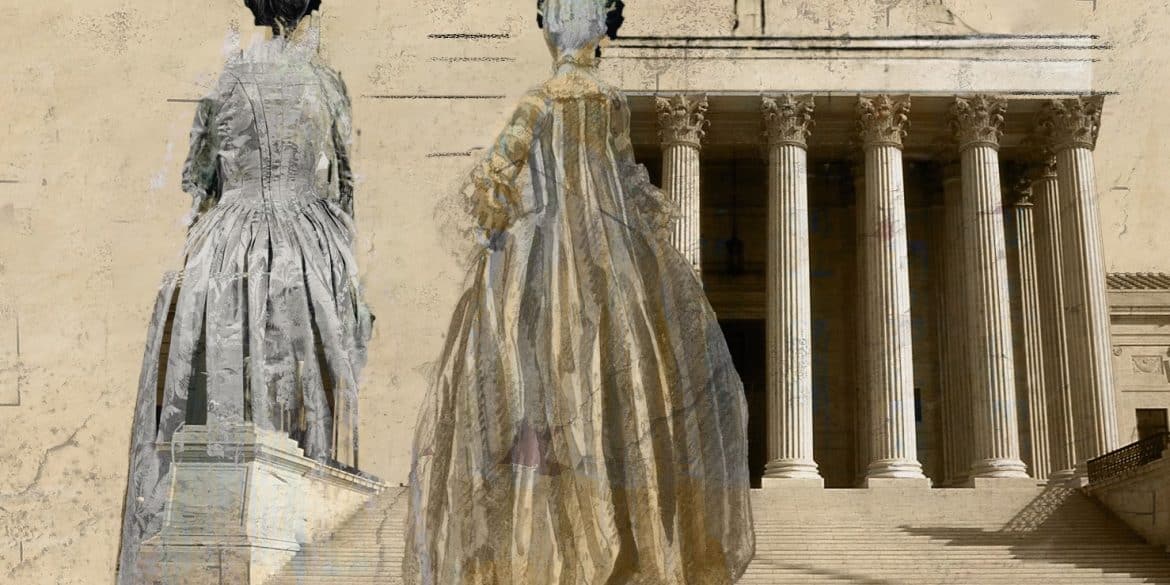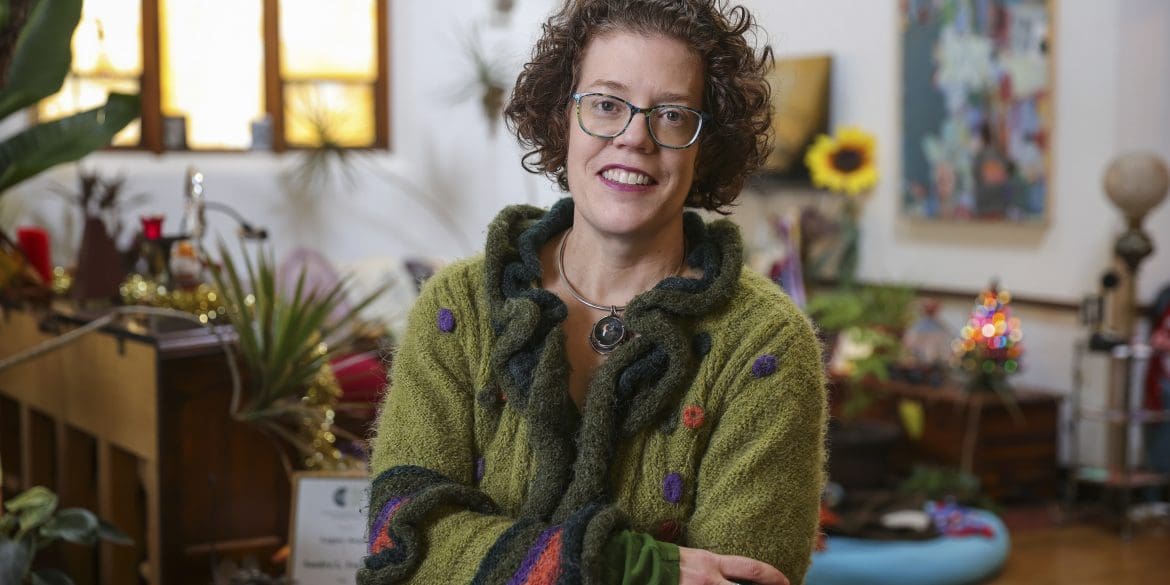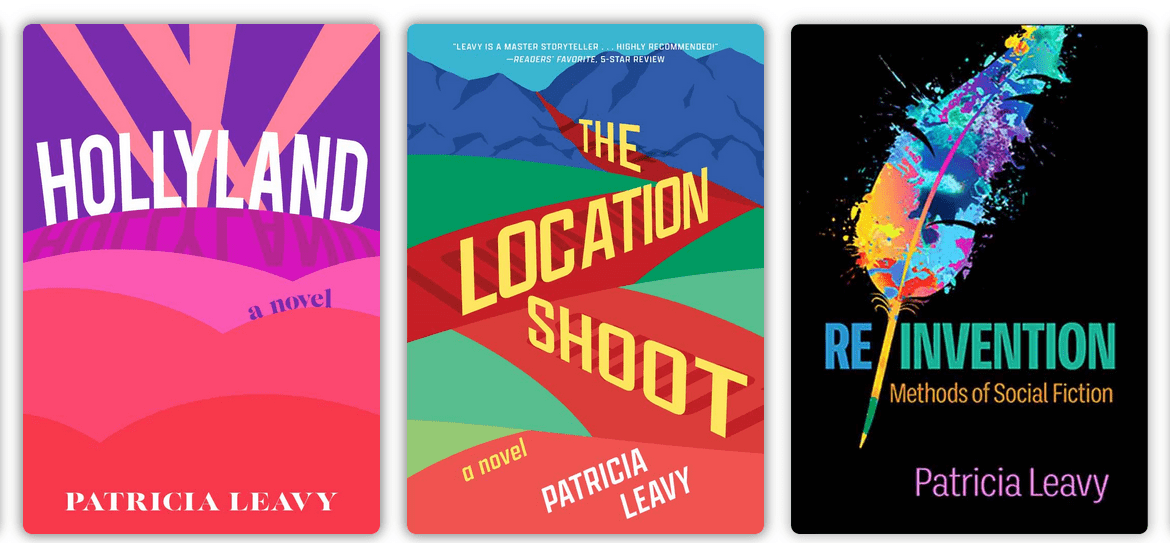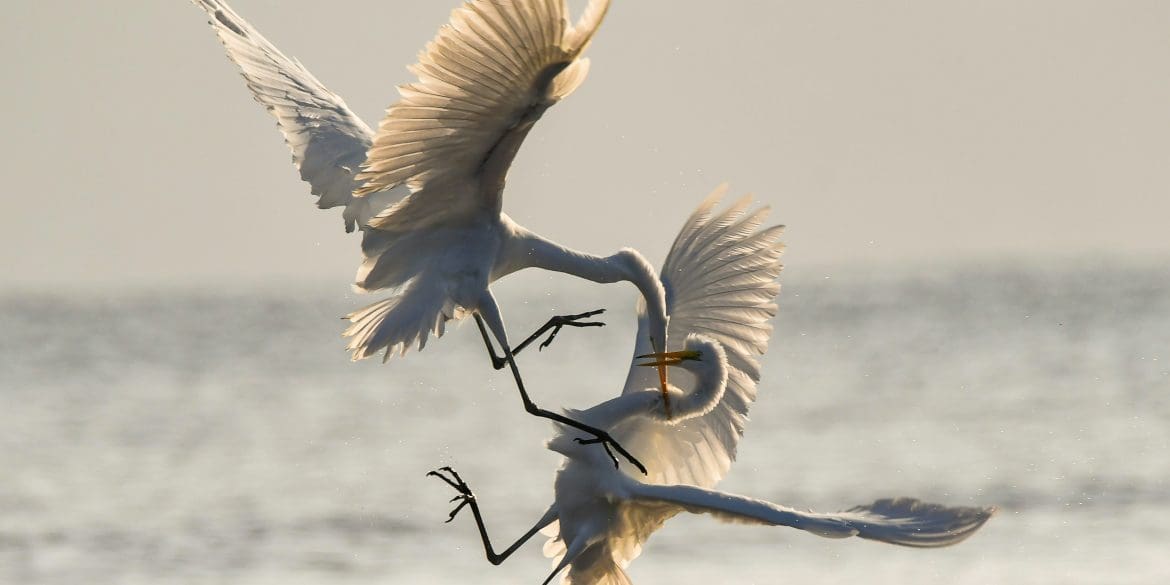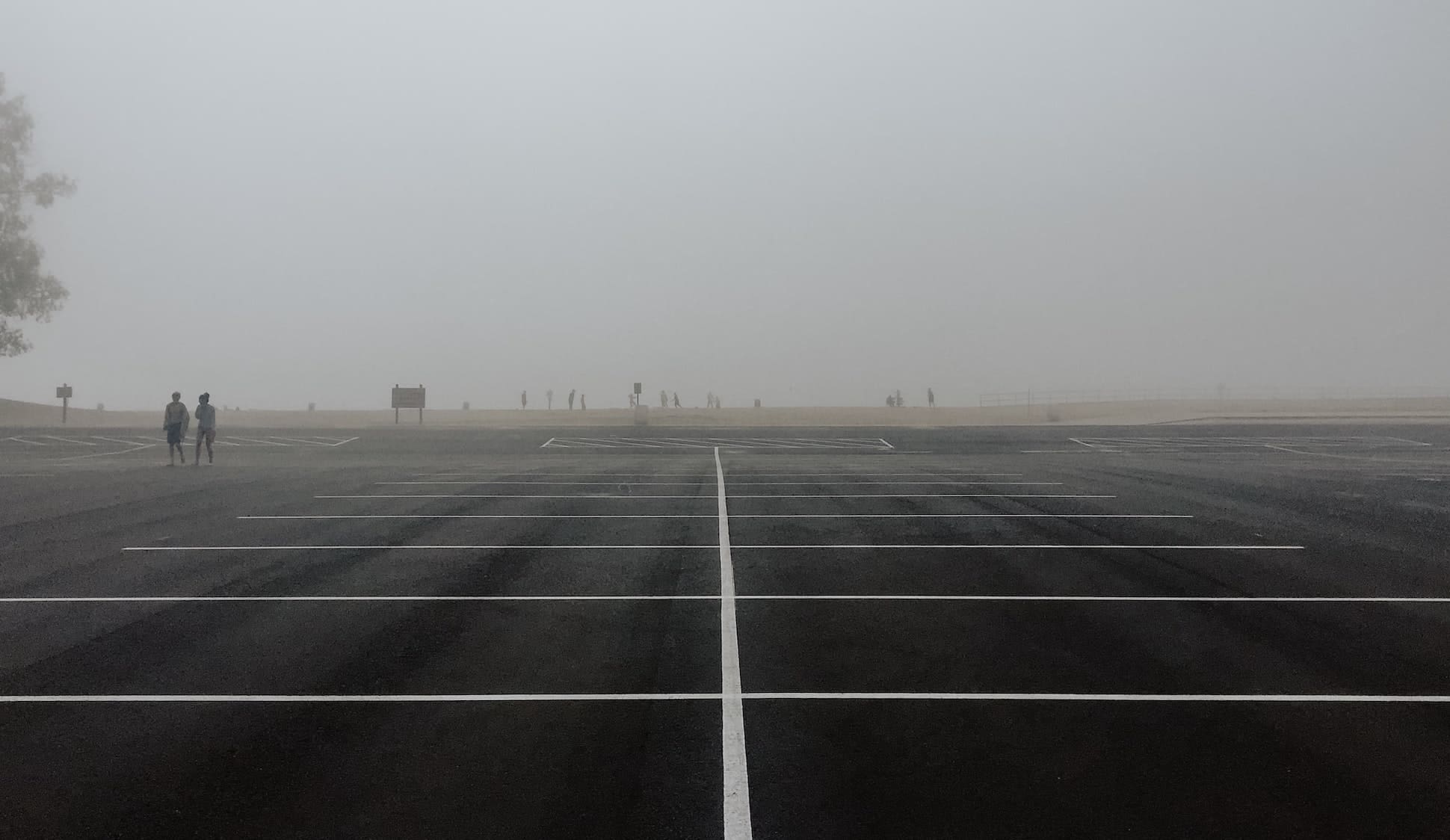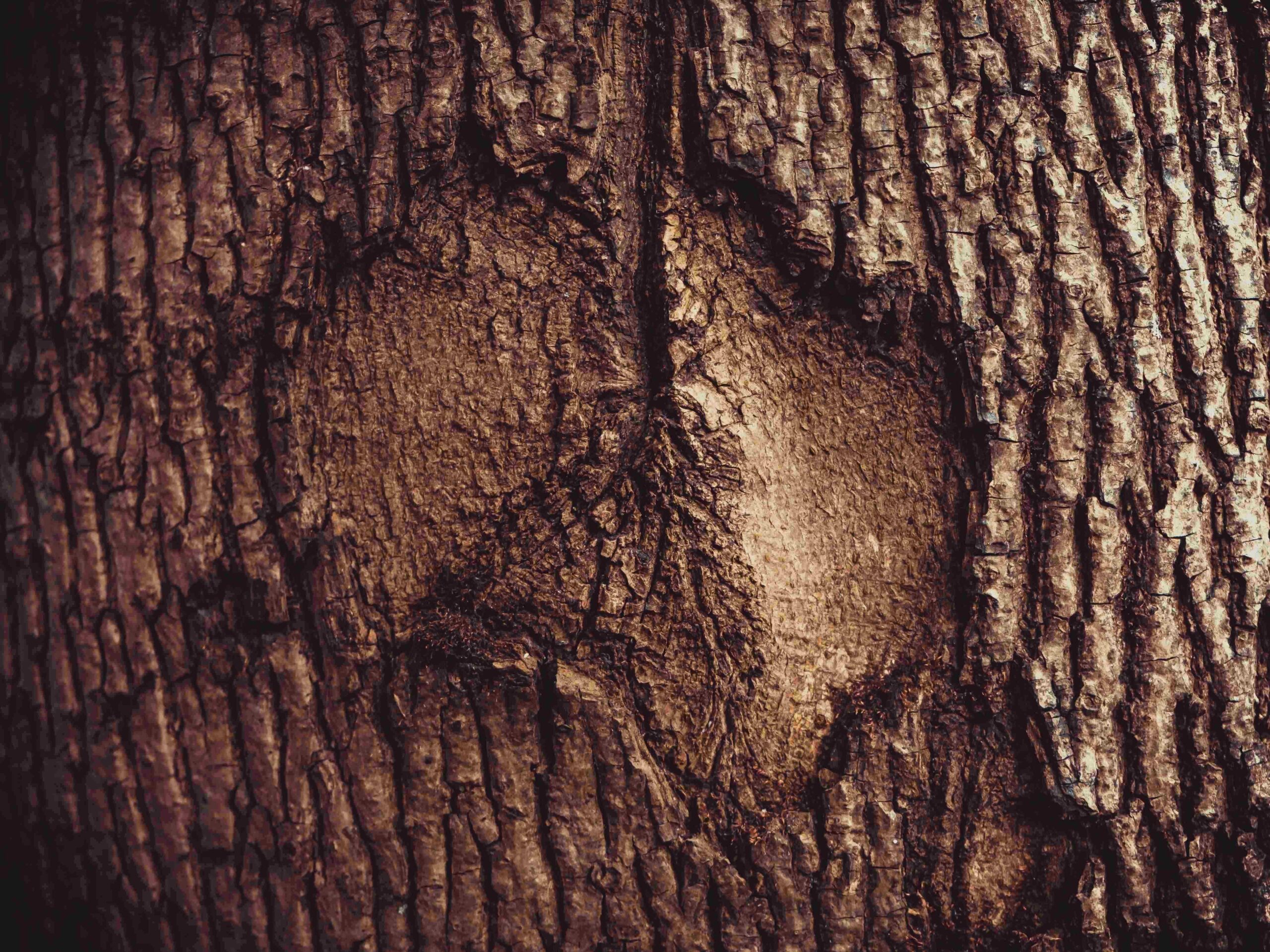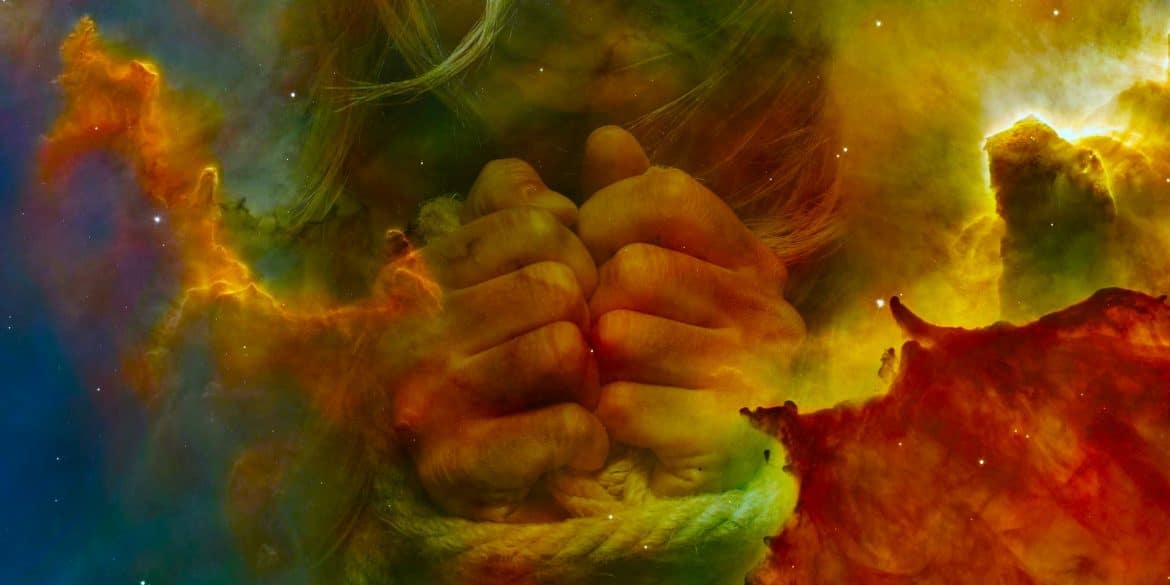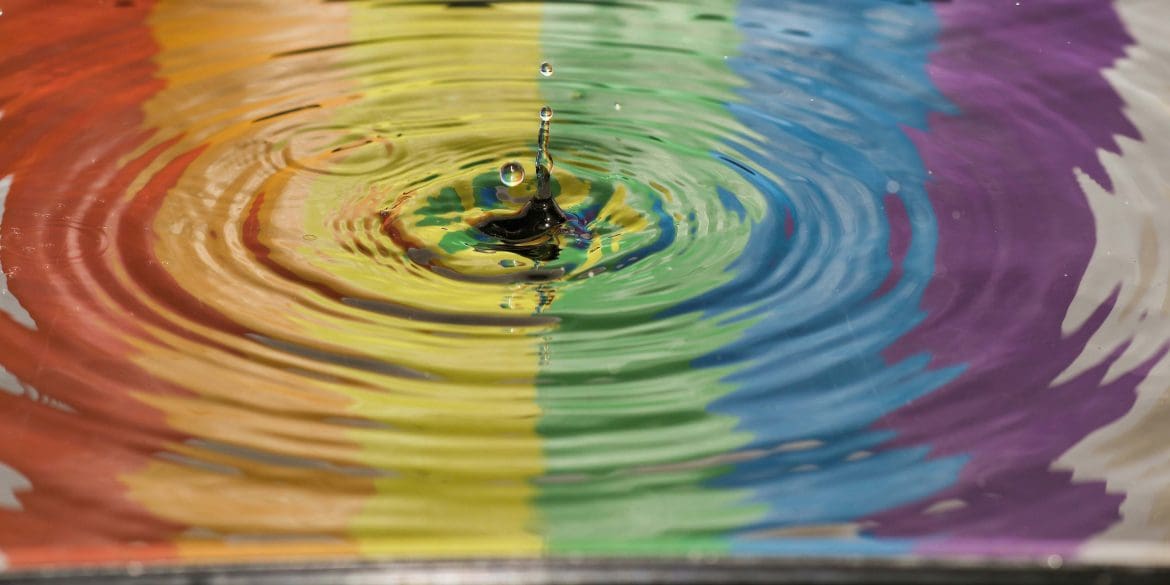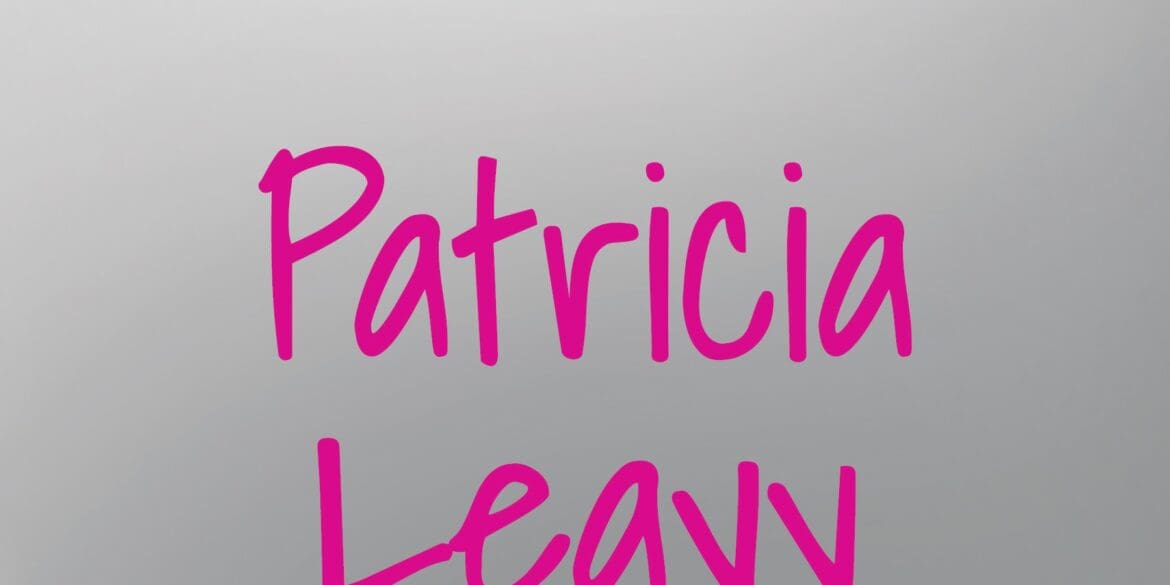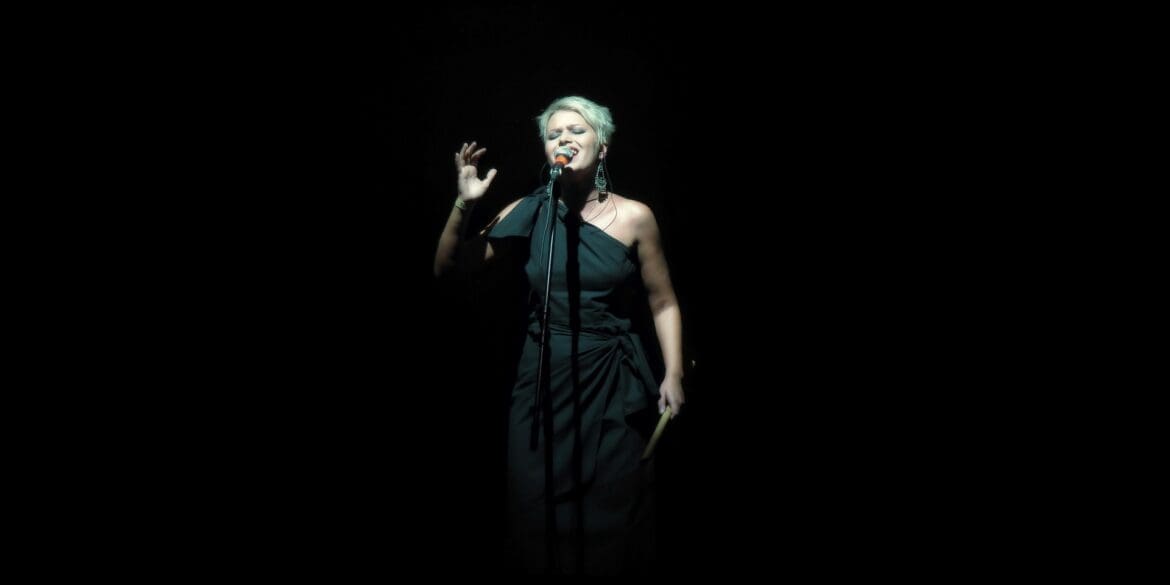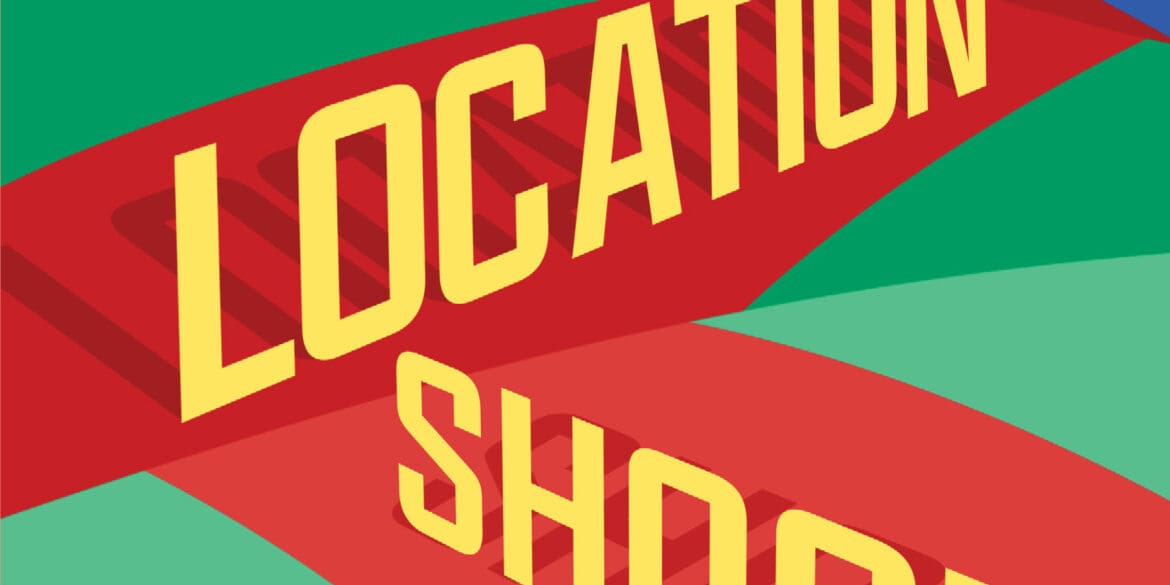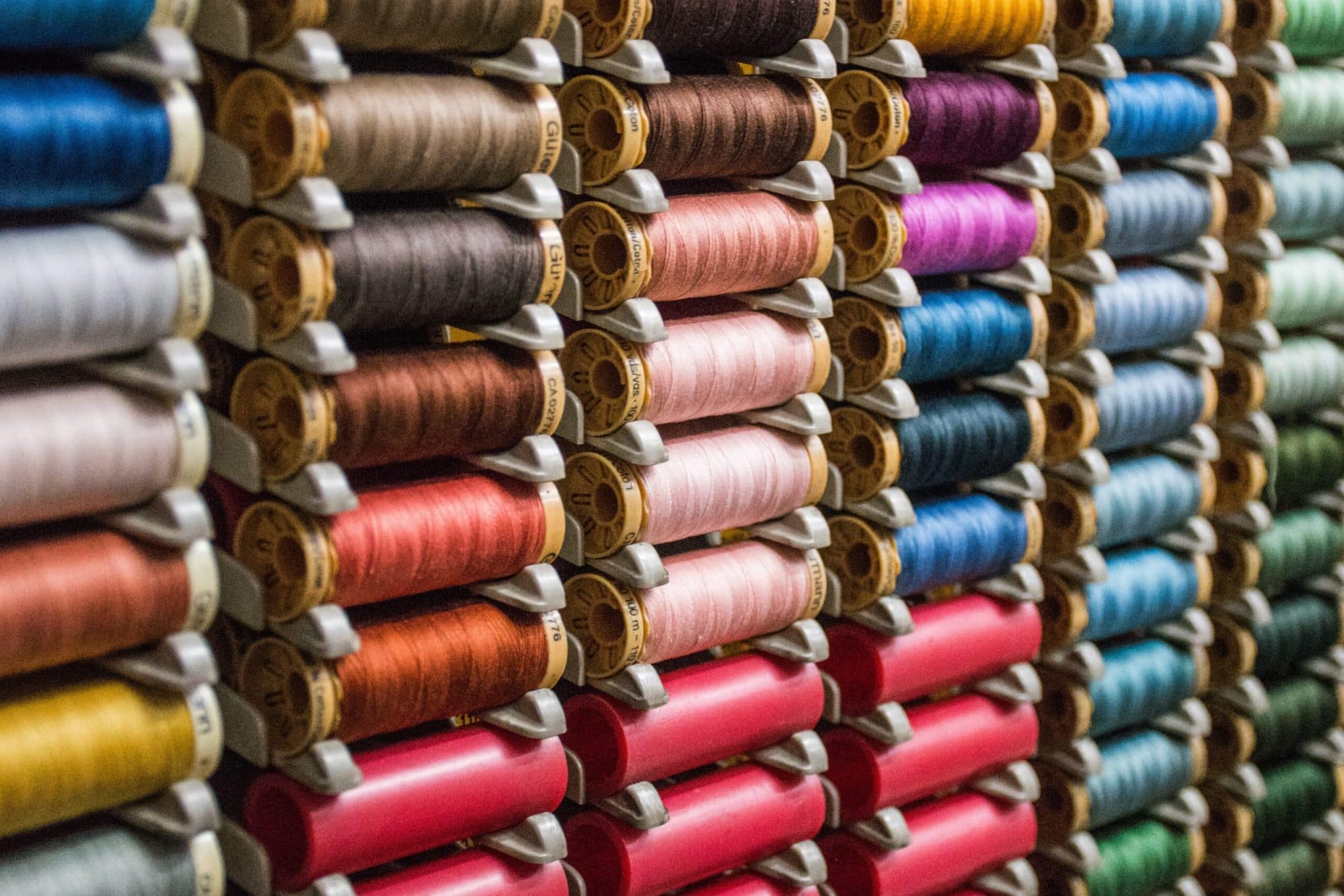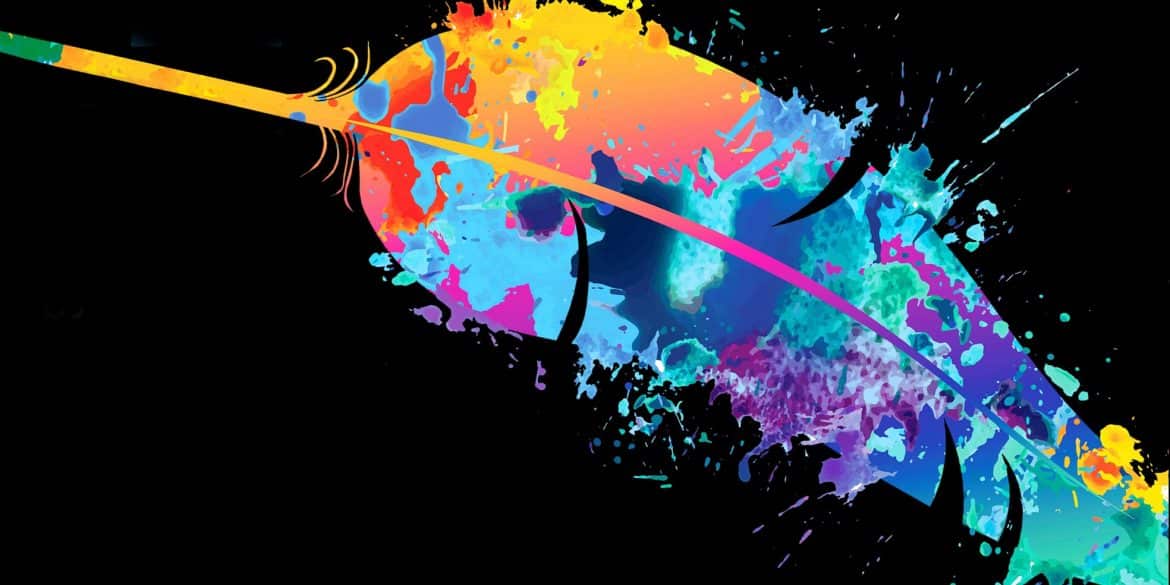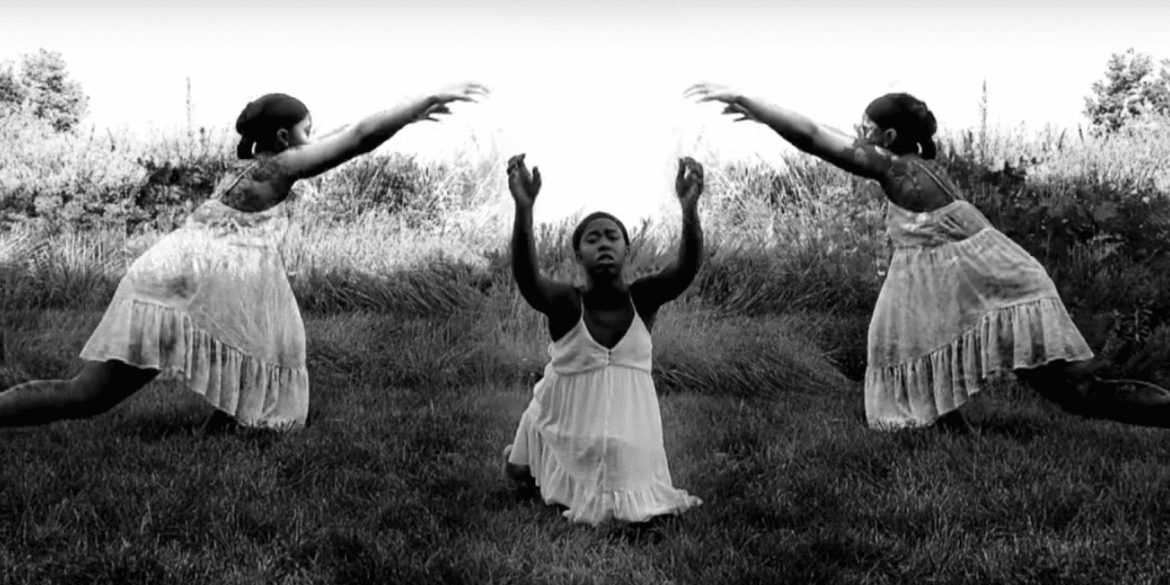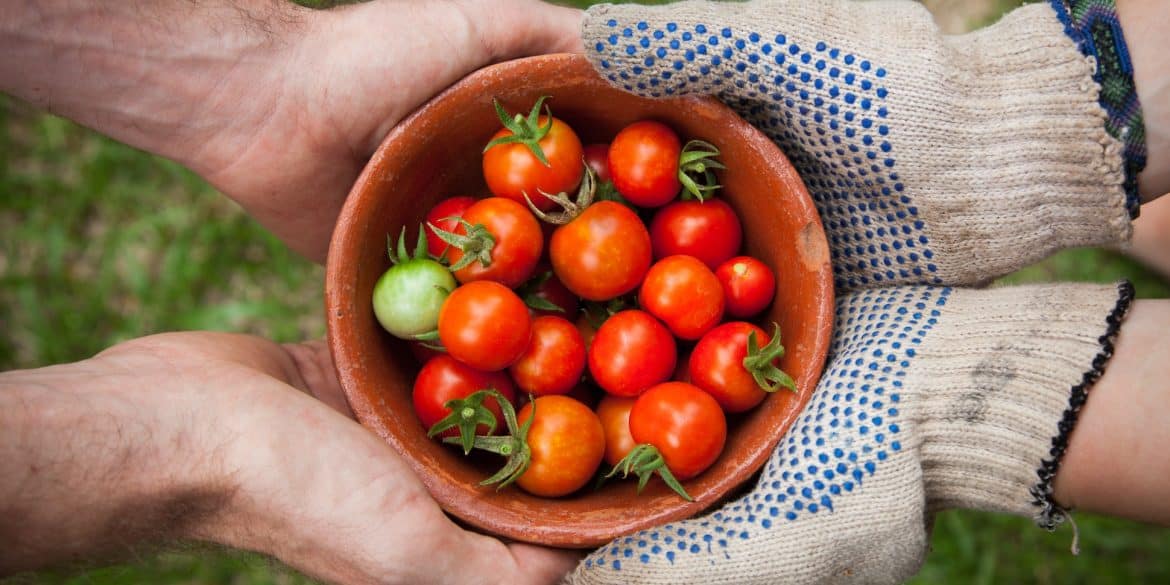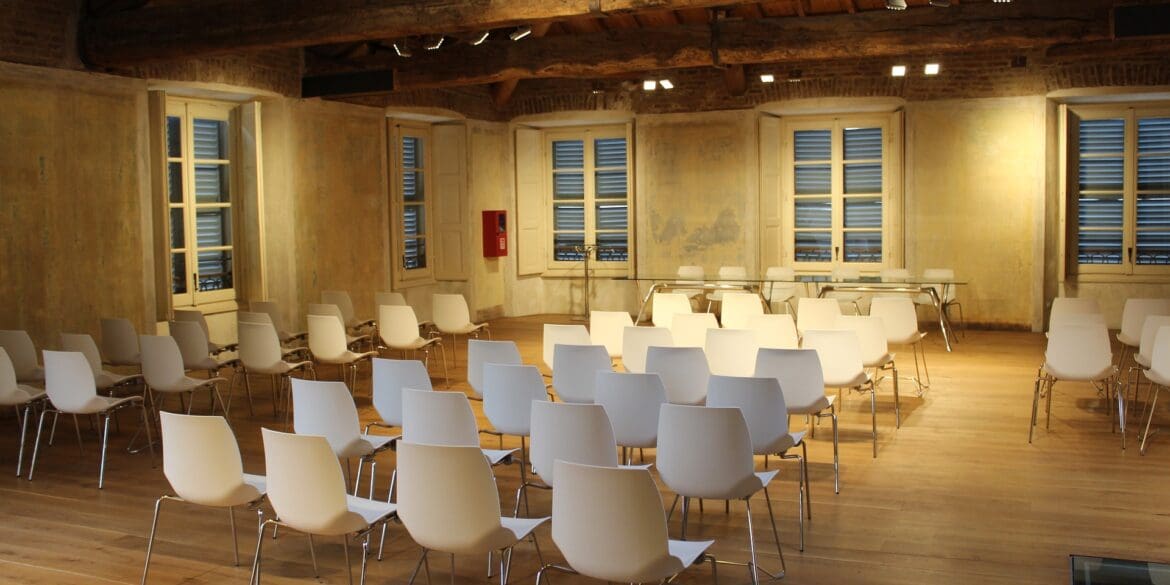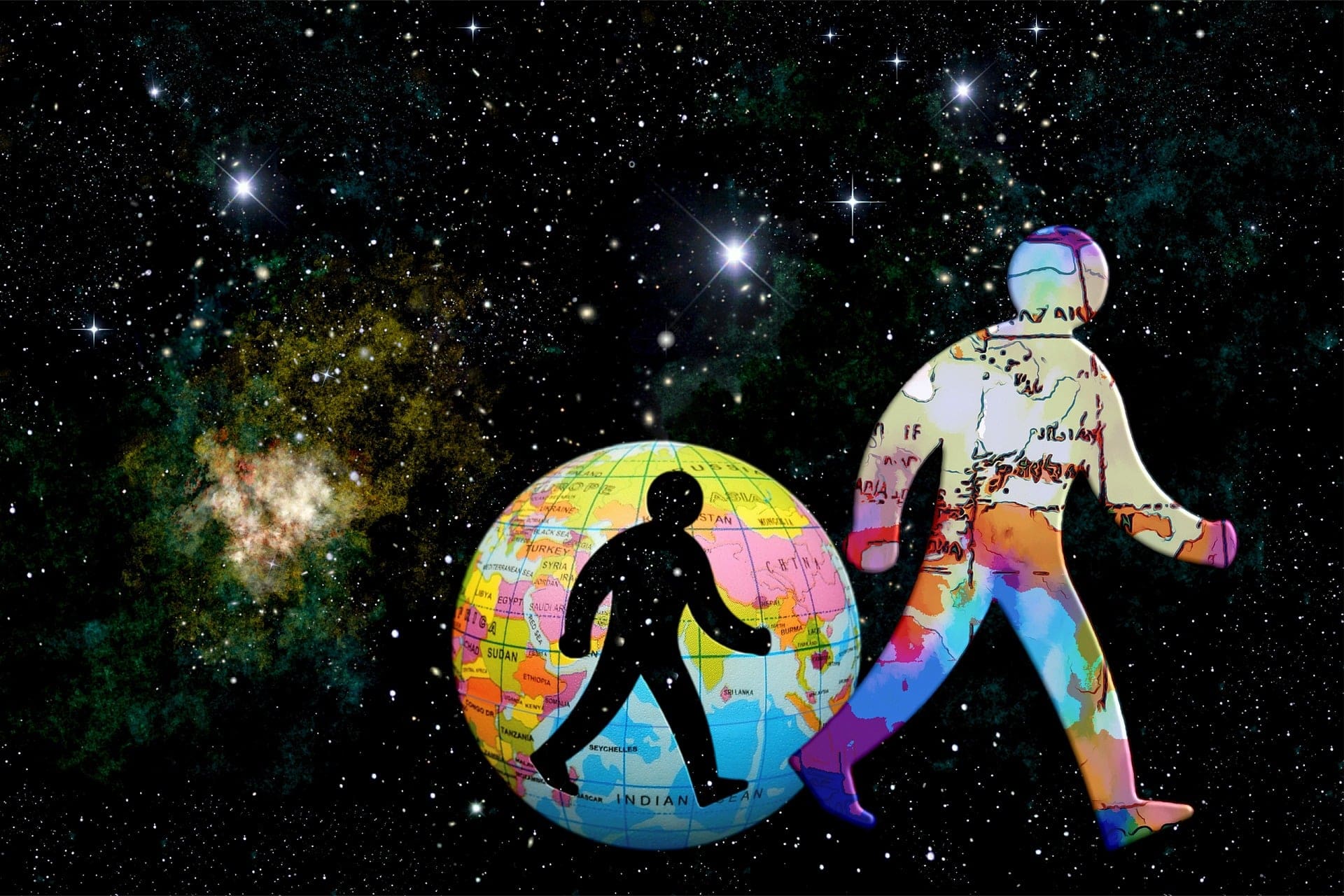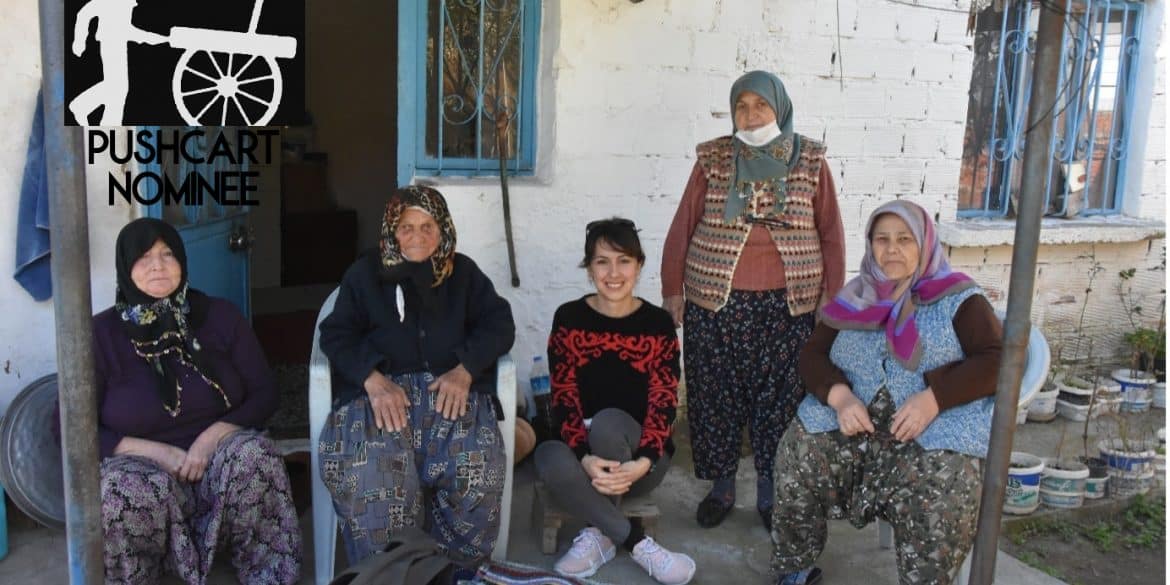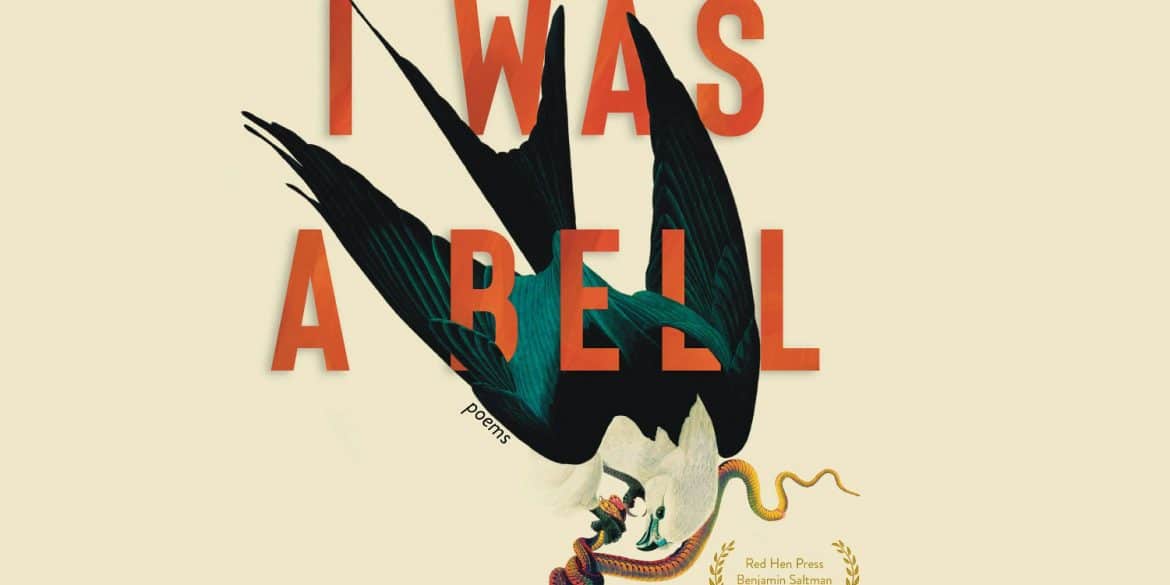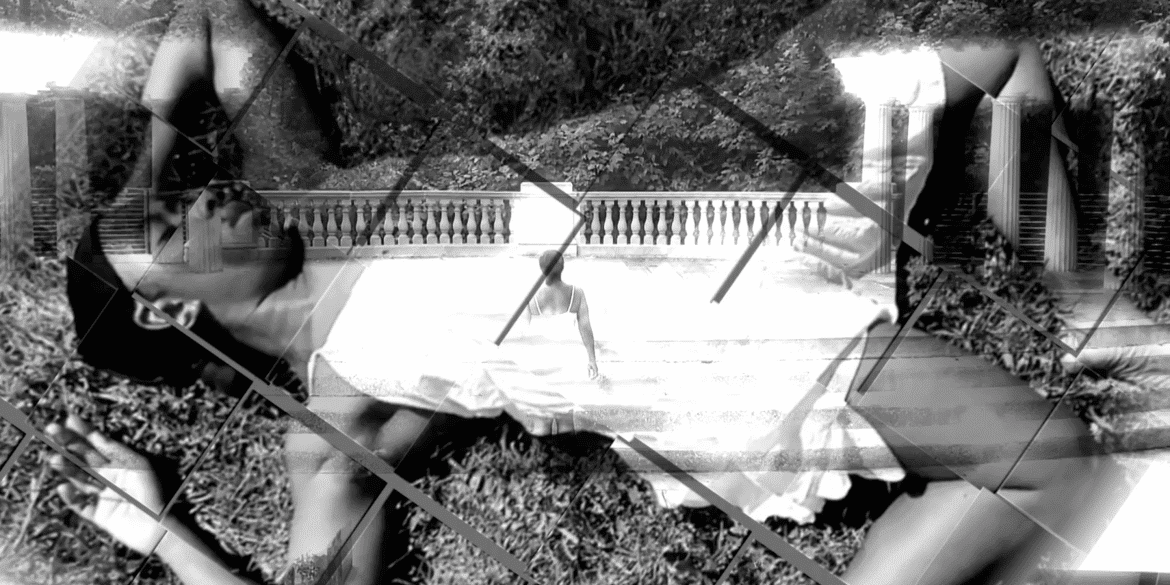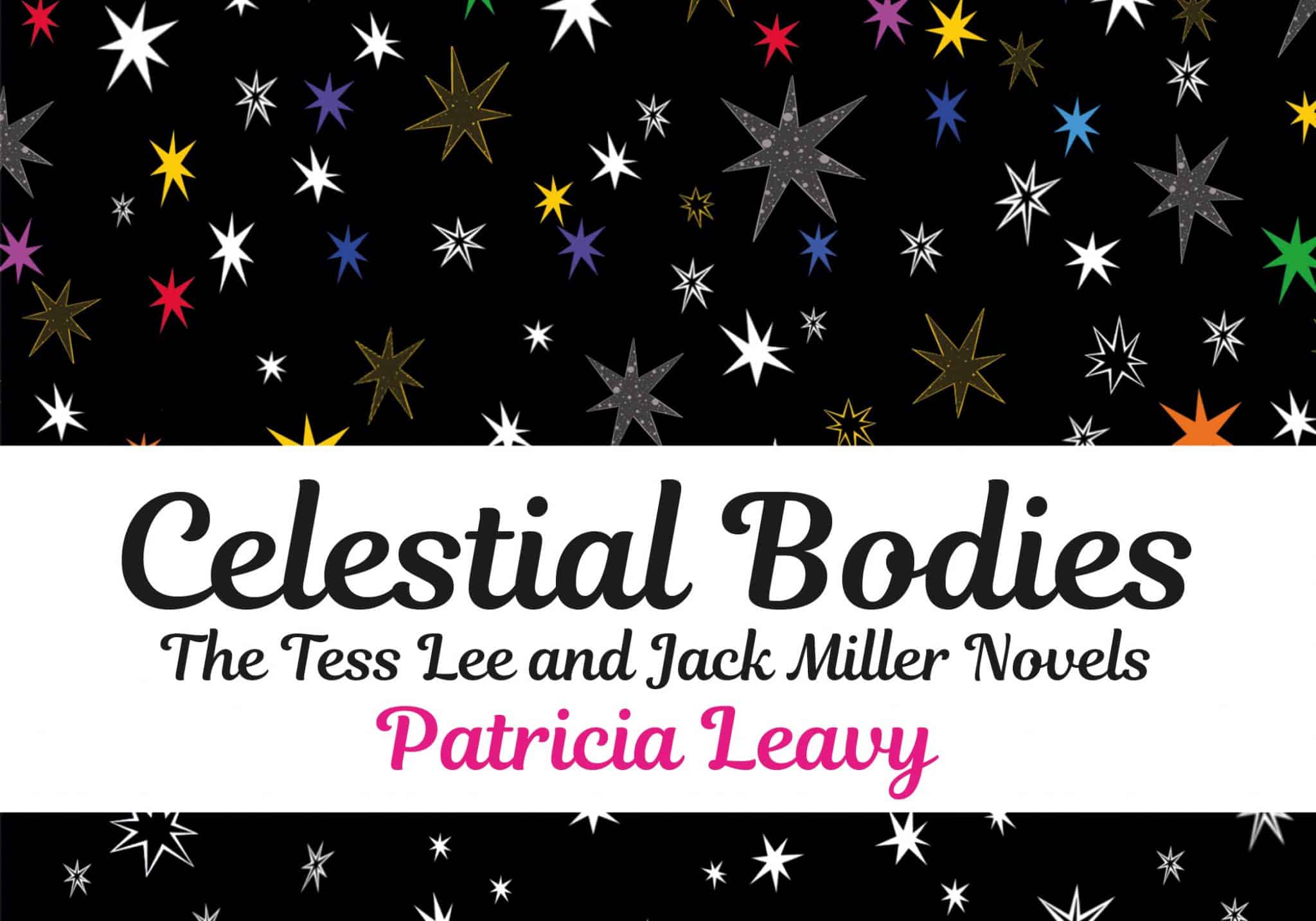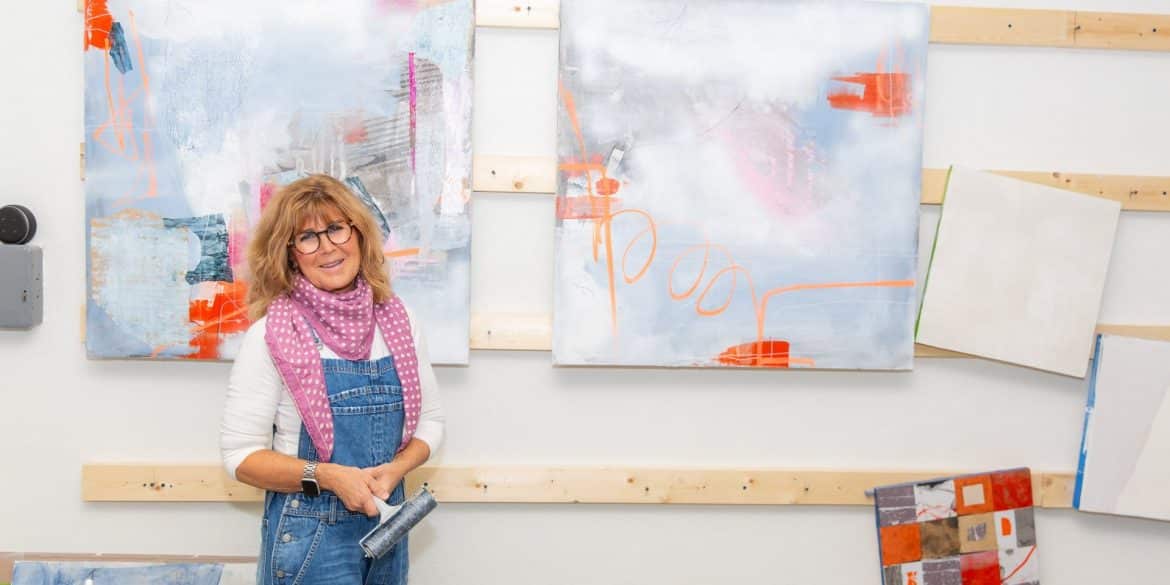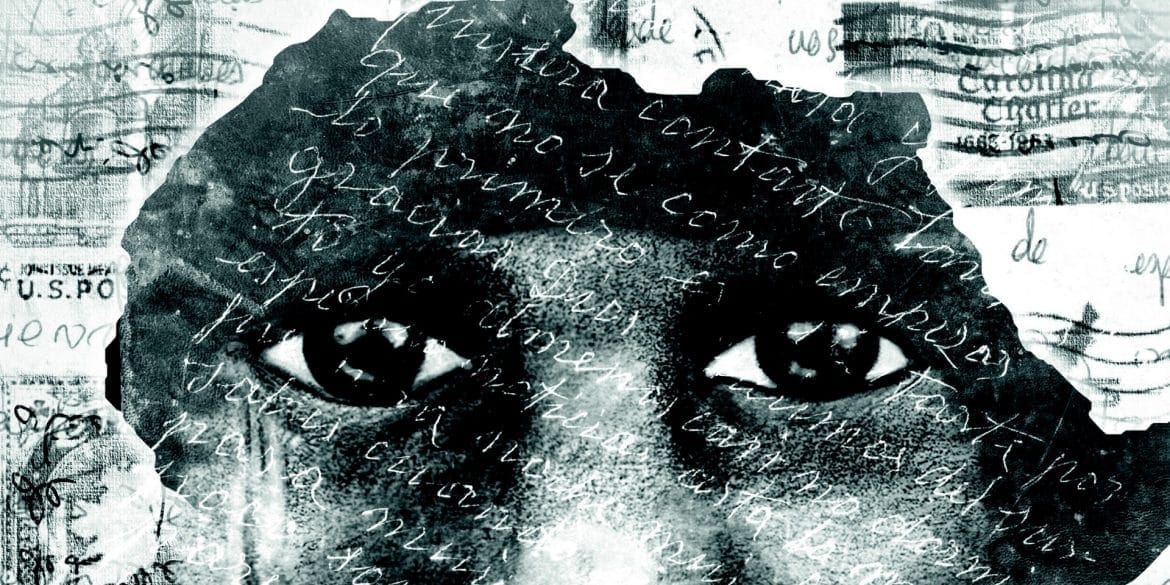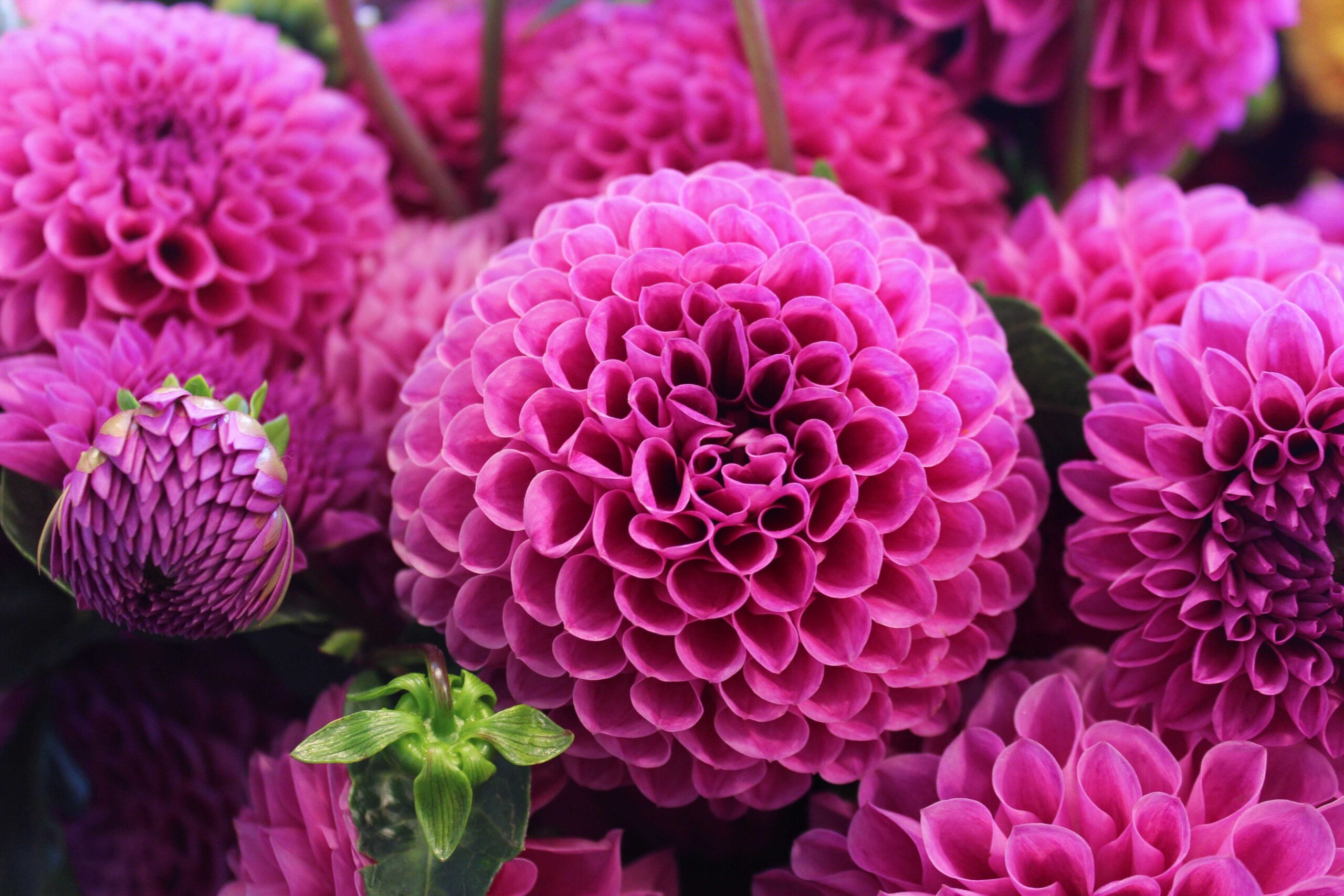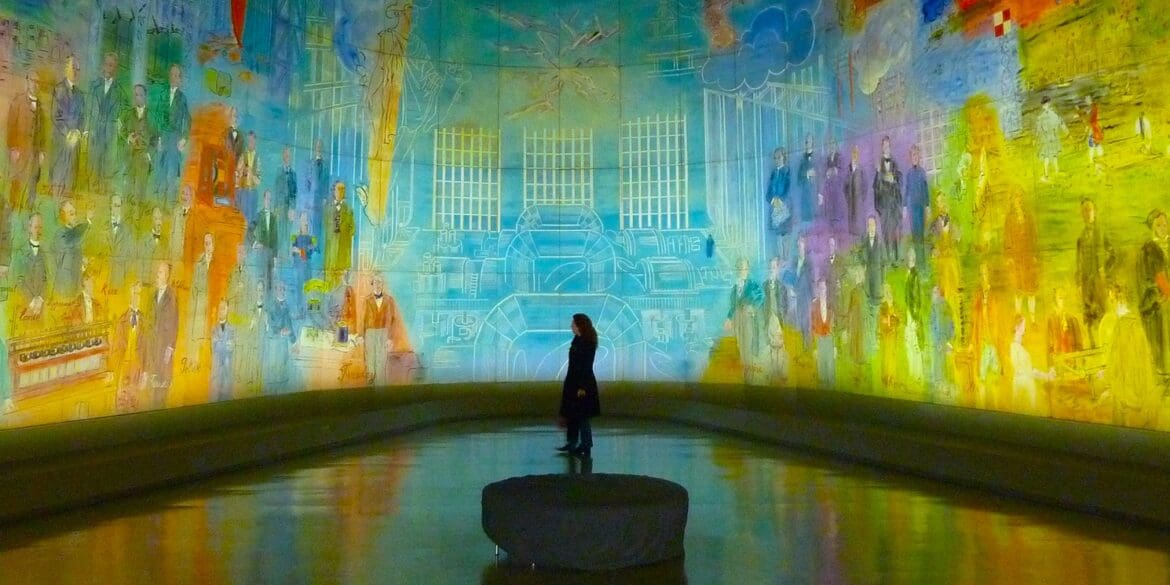POPULAR ARTICLES
autoethnographer: one who uses lived experience as evidence with which to explore cultural phenomena.
FROM OUR ARCHIVES
I wrote “The Crevasse: A Love Letter” to help me grapple with confusing changes to the terrain of my life.
Overall, "Little Red" encompasses queerness, womanhood, and the implications of growing into an identity that isn't cherished by society.
"In the newest video from The Twerking Academic, I explore how the summer of 2020 slammed me back into an awareness of my own double consciousness as a Black American."
I documented my two-month diet in a food journal and it began as a personal effort to lose weight following a "Barthes diet".
The essay tells the story of the author's attempt to bridge the gap in political beliefs between himself and his uncle.
This autoethnographic narrative describes the growth and development I experienced once I found mentors who, despite my lack of “natural musical abilities” or “talent,” believed I could learn.
This lighthearted essay illustrates an experience I had in Singapore while doing research for a book I was writing about spirituality.
Written by a white, cisgender, male yoga practitioner and newly qualified teacher from a working-class, Northern English background, this account seeks to elucidate upon how the issues noted may manifest.
In this new issue, we introduce our podcasts, our first spoken word and sung performances, and continue our coverage of evocative creative expression.
Through “Saxions”, I aim to establish appreciation for the value of our recounts and our place in society as rich storytellers.
“Tired,” the titular poem and the collection at large, is an autoethnography looking at the cause of so much pain, so much fatigue. Anthropomorphizing the feeling of being tired gave me creative license to dramatize and explore the real experiences of needing a break...
"My Old Kentucky Homo," highlights my failure to assimilate into the community in which I still live, fourteen years later.
FROM OUR ARCHIVES
autoethnographer: one who uses lived experience as evidence with which to explore cultural phenomena.
What is autoethnography? The AutoEthnographer's international team of editors offer definitions & suggested readings.
“The AutoEthnographer is an award-winning, non-profit, open-access, peer-reviewed literary and arts magazine dedicated to presenting the creative side of autoethnography, a qualitative research method uniting ethnography and autobiography that utilizes lived experience as evidence with which to explore cultural phenomena." ISSN: 2833-1400
AUTOETHNOGRAPHIC WRITING
AUTOETHNOGRAPHIC POETRY
AUTOETHNOGRAPHIC WRITING
"This essay on bodily autonomy specifically discusses abortion access and rights in the United States and Canada, and the politics that often follow."
This essay is about my experience teaching yoga in a California prison.
Written by a white, cisgender, male yoga practitioner and newly qualified teacher from a working-class, Northern English background, this account seeks to elucidate upon how the issues noted may manifest.
AUTOETHNOGRAPHIC MULTIMEDIA
Shanita Mitchell and Marlen Harrison·
All ContentAutoethnographic Art & MultimediaMorePodcastsReflections on MethodVolume 3, Issue 2 (2023)
··18 min readToday we're talking with the award-winning author, researcher, and performer, Shanita Mitchell about performance and autoethnography.
This is a song for the Passover prophet as a critique on his inability during the Covid-19 pandemic to appear and provide solace and safety.
This film explores foreign EFL teacher identity construct dialectics in contemporary China, qualified by China/West geo-political tensions.
From all there is something to be learned, as the river itself has been victimized, has not escaped its own environmental terrorism.
In this work, I unpack how realizing my queerness has influenced how I write my poetry.
"I tend to take every loss of rainforest personally. My autoethnographic poetry 'The Threat' and 'John Doe' are reflective of this."
"One way to reach broader audiences is to embrace creative nonfiction and use storytelling as academic writing."
U. Melissa Anyiwo·
All ContentAutoethnographic EssaysCelebrating Dr. Patricia Leavy's Social Fiction 2024MoreReflections on MethodSpecial Issues
··31 min readThis piece is intended to give you a sense of the ways in which I use Low-Fat Love in the classroom and why just using it makes the world a better place.
Shanita Mitchell and Marlen Harrison·
All ContentAutoethnographic Art & MultimediaMorePodcastsReflections on MethodVolume 3, Issue 2 (2023)
··18 min readToday we're talking with the award-winning author, researcher, and performer, Shanita Mitchell about performance and autoethnography.
Marlen Harrison·
All ContentAutoethnographic Art & MultimediaClimate Change Special Issue, 2022InterviewsMorePodcastsSpecial Issues
··15 min read"Award-winning artist, Suzanne Hughes, talks about autoethnography and painting. Suzanne is responsible for the cover art for our special issue based on climate change."
Ash Watson·
All ContentAutoethnographic EssaysCelebrating Dr. Patricia Leavy's Social Fiction 2024Special Issues
··13 min readLeavy’s 2019 novel about a week-long all-inclusive Icelandic research seminar wends its way through meetings, planning sessions, excursions, debates and dinners to the heart of the paradigms and epistemological questions that structure and drive scholarly research.
Alexandra Lasczik·
All ContentAutoethnographic EssaysCelebrating Dr. Patricia Leavy's Social Fiction 2024Special Issues
··20 min readPatricia Leavy is a genuine trailblazer, the real deal, an inspiration.
NEWS, INTERVIEWS & REVIEWS
How do creatives find joy in artistic performance as a form of black feminist autoethnography? Podcast & video.
Book Review: Revealing the Mantra of Trauma Author’s Memo This review of The Trauma Mantras seeks to convey...
In today's new podcast & video Marlen Harrison talks with current marketing interns about the role of culture in using Google Ads.
SPECIAL ISSUES
EDUCATION, INTERVIEWS, PODCASTS, & REVIEWS
REFLECTIONS ON METHOD



